Students and teachers become greener, learn how to mitigate their Carbon Footprint and how to improve the environment.
Activities
Future Classroom Lab
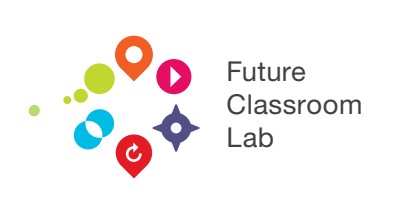
Our Green Skills MOOC is a massive open online course (MOOC) located in CIPFP Ausiás March own learning environment in Moodle, and designed within the concept of Future Classroom Lab. Link
MOOC plan
Learning zones in the MOOC
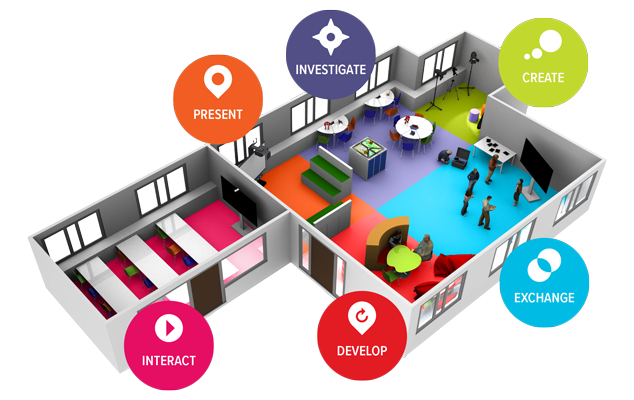
MOOC Presentation.
The MOOC to upskill green skills is the activity 3.2
In the learning zone CREATE
Students will create in teams a digital presentation of their tips, actions and research to show the rest of the school how to become greener
Students will chose their own way to present the information as a result of their learning process in the MOOC
Students showcase their work developing over time their learning portfolios, which can help them to link between different disciplines, and provide a real-life context to their MOOC work.
Students can use some equipments like chroma key, high-definition video camera, digital camera (pocket), flip camera, video editing software, audio recording equipment (e.g. microphones), podcast software, animation software, streaming software and any other equipment they decide to use making consensous
Key points for Create
Learning by creating: students are actively involved in producing and creating their own content. This allows them to exercise their imaginations, and to innovate.
Using engaging technology: ICT provides a number of ways to design, create and disseminate learner-generated content.
Developing learners’ soft skills: the students develop their soft skills through project-based work, including presentation, planning, and teamwork.
Giving students independence and ownership over their learning: enhancing students’ engagement with the task, and helping to foster their sense of personal responsibility.
Creating for real-life: students’ social entrepreneurship can be triggered by initiating and implementing projects aimed to increase the wellbeing of the school or local community.
In the learning zone of PRESENT
Students get the opportunity to share what they have created and this goes beyond the presentation of finished products.
Sharing with others, students show they have a voice, and they are capable of producing meaningful, authentic, high-quality work. At the same time
Students will develop soft skills, as this process offers opportunities to reflect on the work done and to clarify misconceptions or areas for improvement.
The future classroom is a workplace where not only final products are showcased, but it is an area where trying out and failure are an inherent part of learning.
KA210_VET
https://view.genial.ly/648d82edaf5ef000138bca53/presentation-activity-52-group-meeting-in-valencia
Sustainable small size business ideas in a digital labour market
DIGI-GREEN-4VET
Activity 5.2 Onsite Groups’ meeting in Valencia 2023
24th – 29 th April 2023
25 April Meeting Day
09:30 am
At CIPFP Ausiàs March Meeting point.
Welcome Ceremony. Welcome speeches
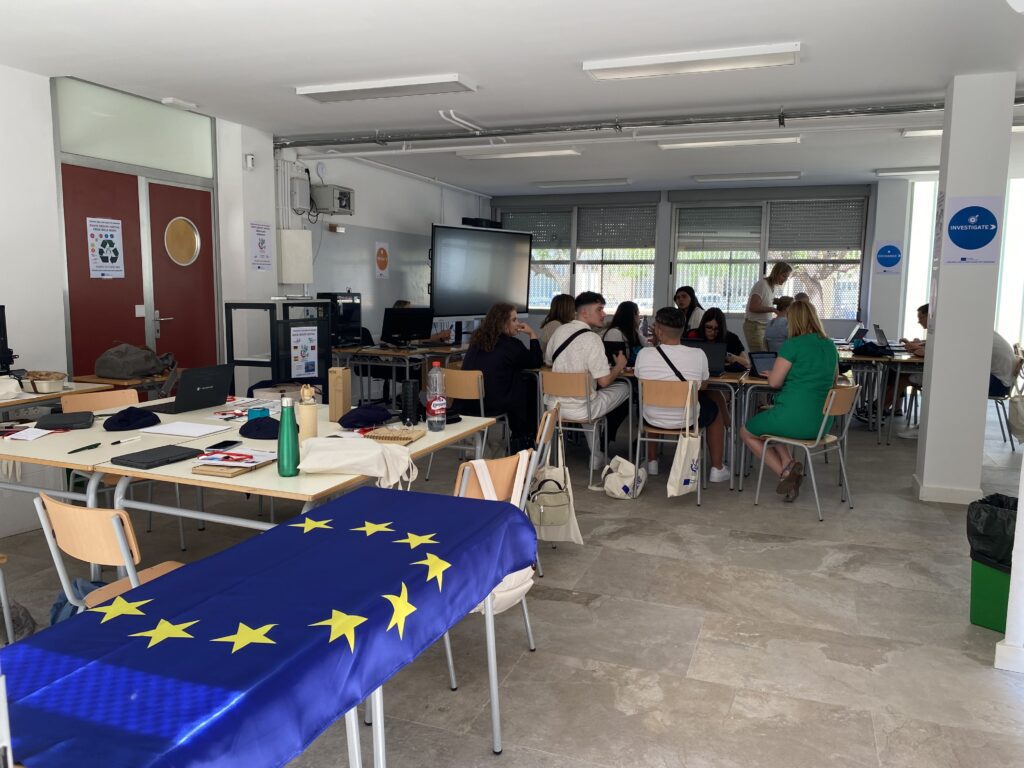
Driving questions. Climate change (global warming). Starting point: Climate Change Videos
- Is it caused naturally by the Earth, by human activity or by both?
- Apart from being part of the problem, can we be part of the solution?
26 April 2023

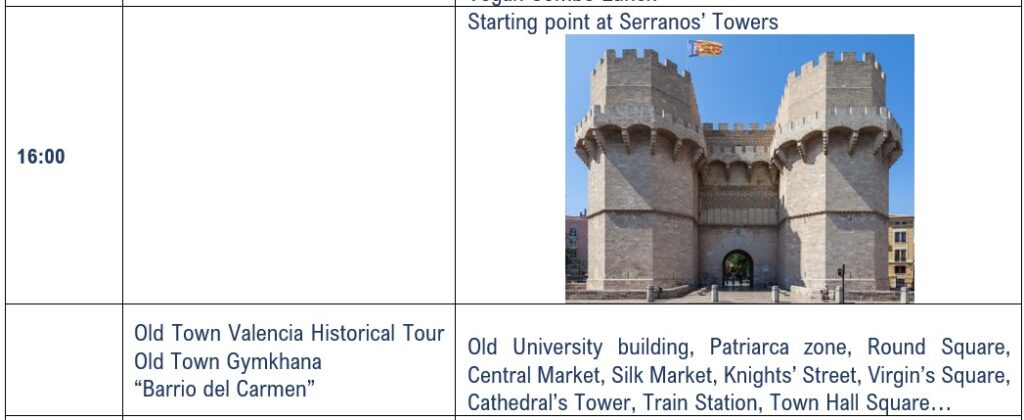
Participants become GREEN
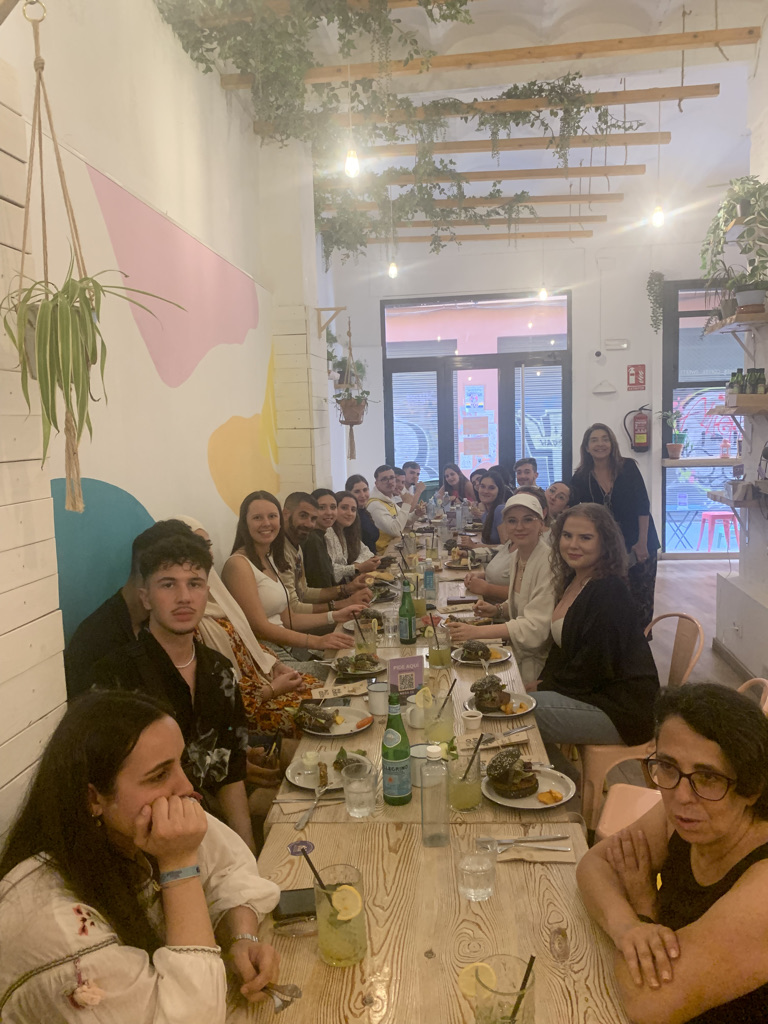
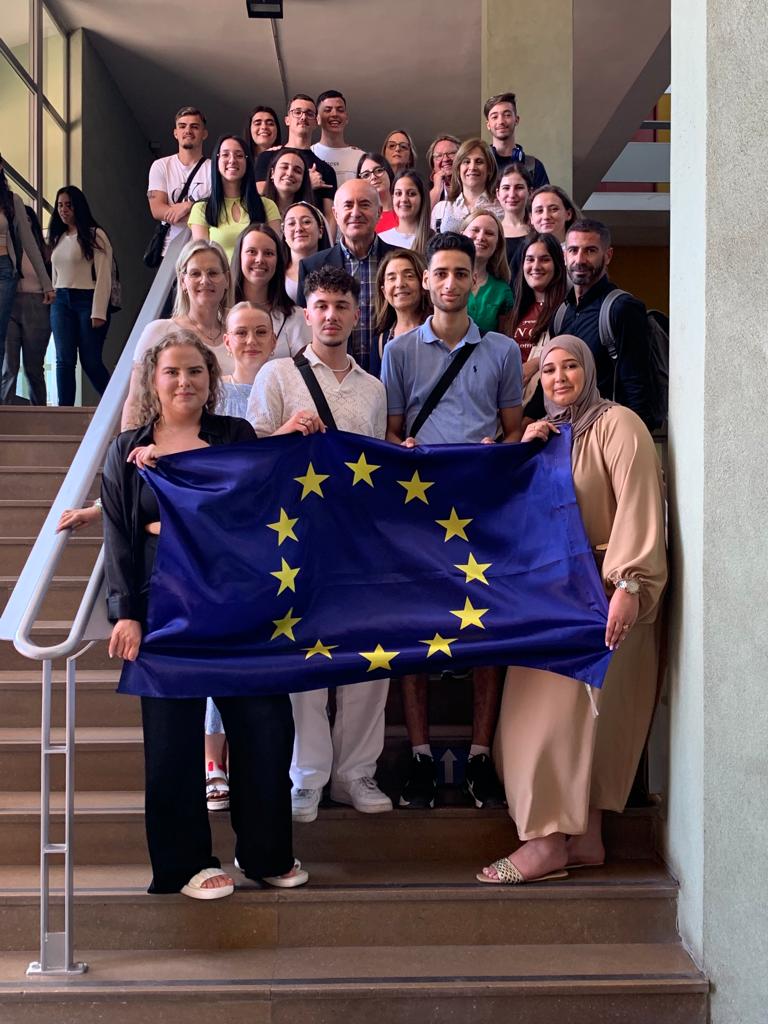
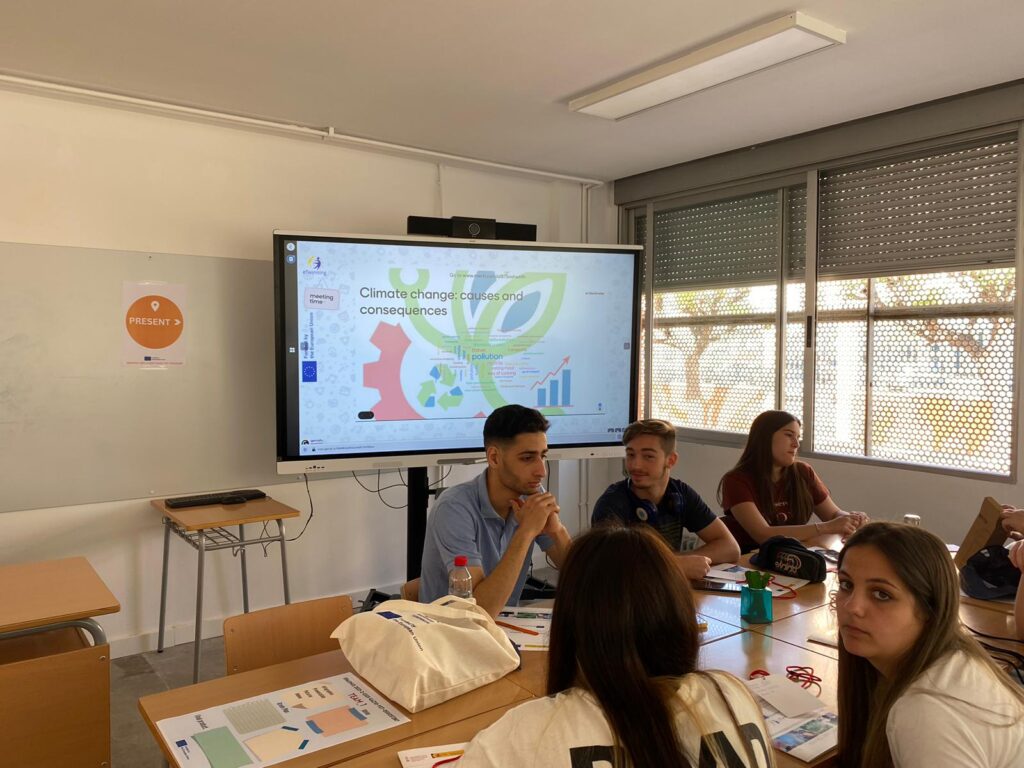
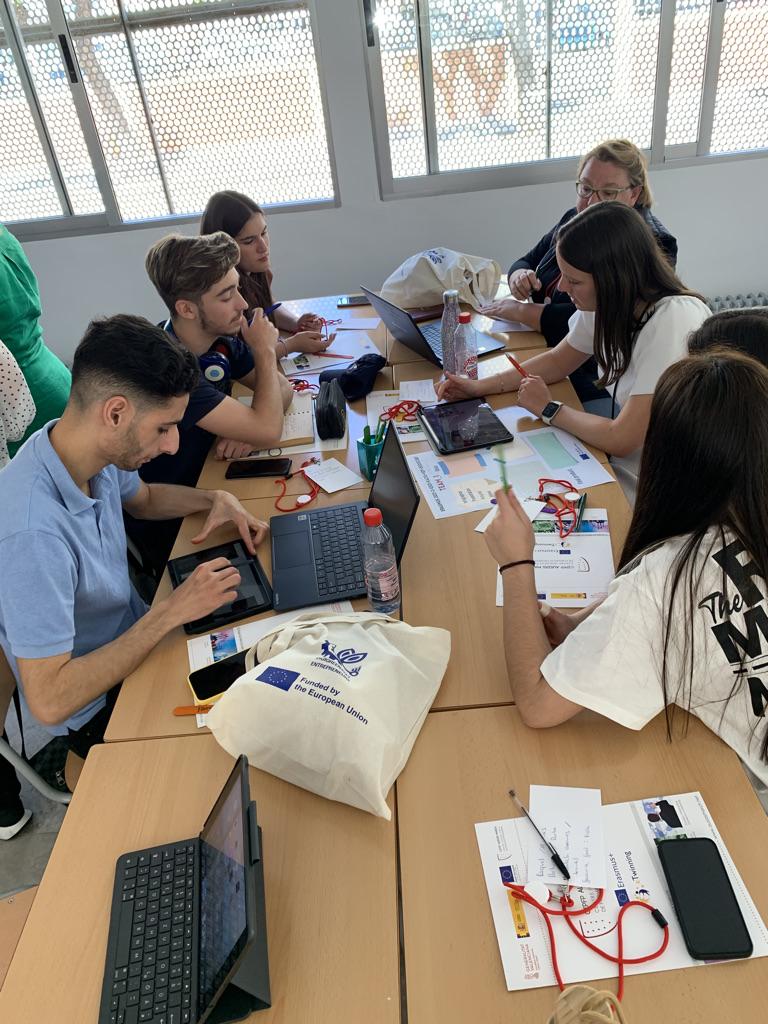
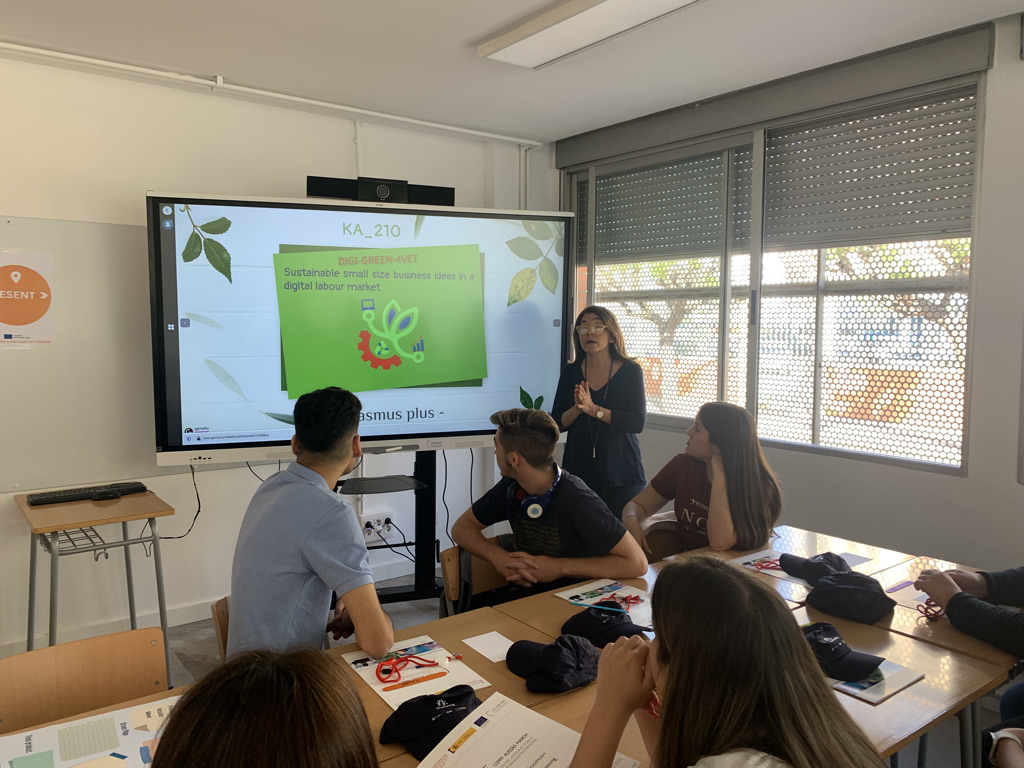
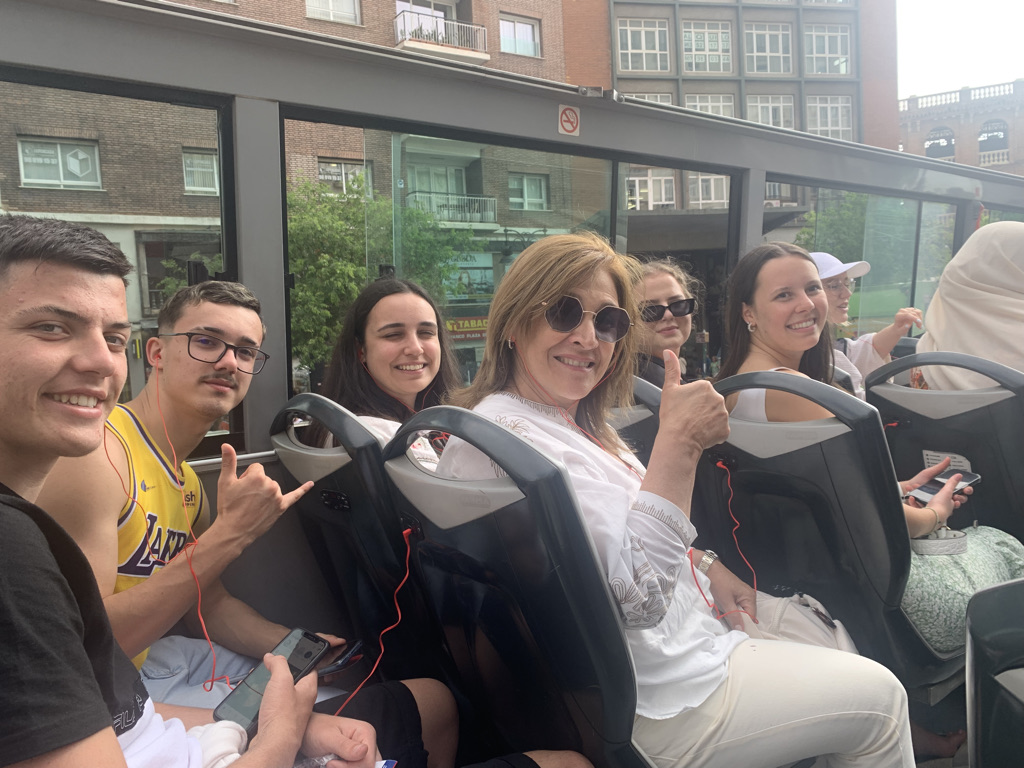
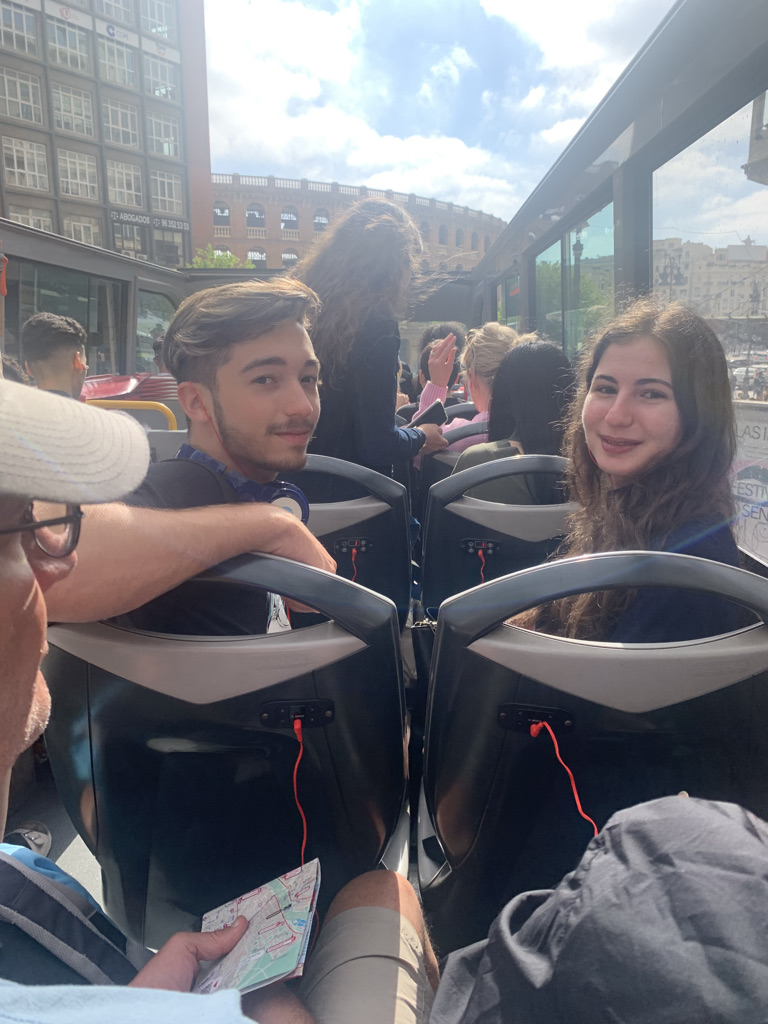
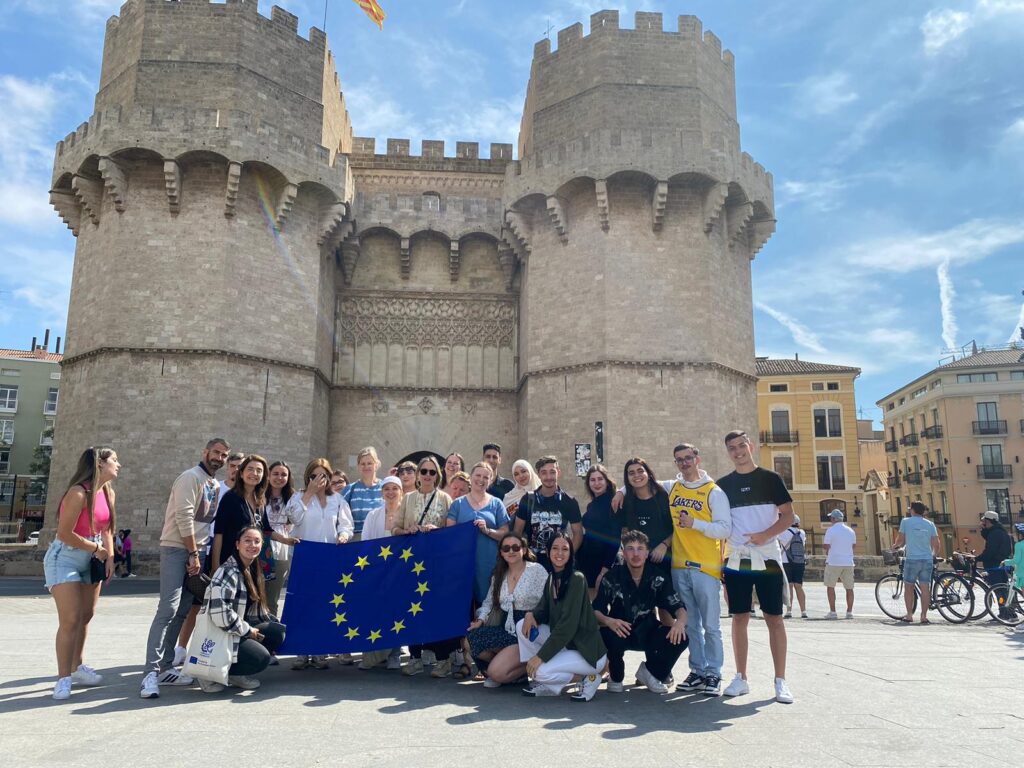
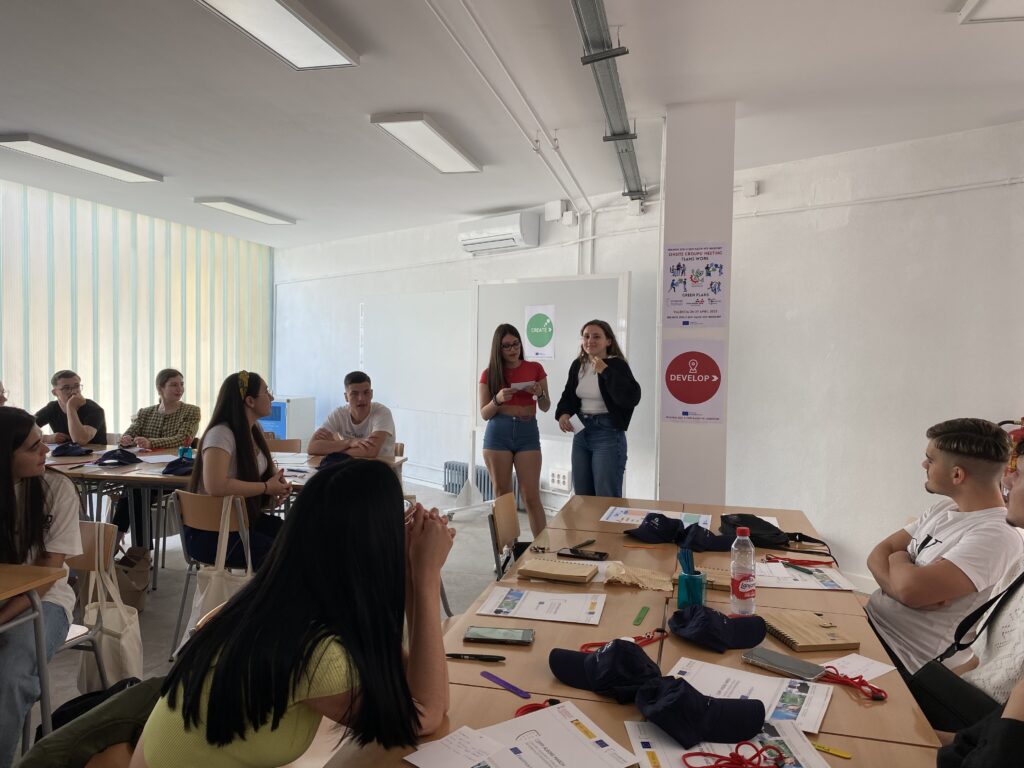
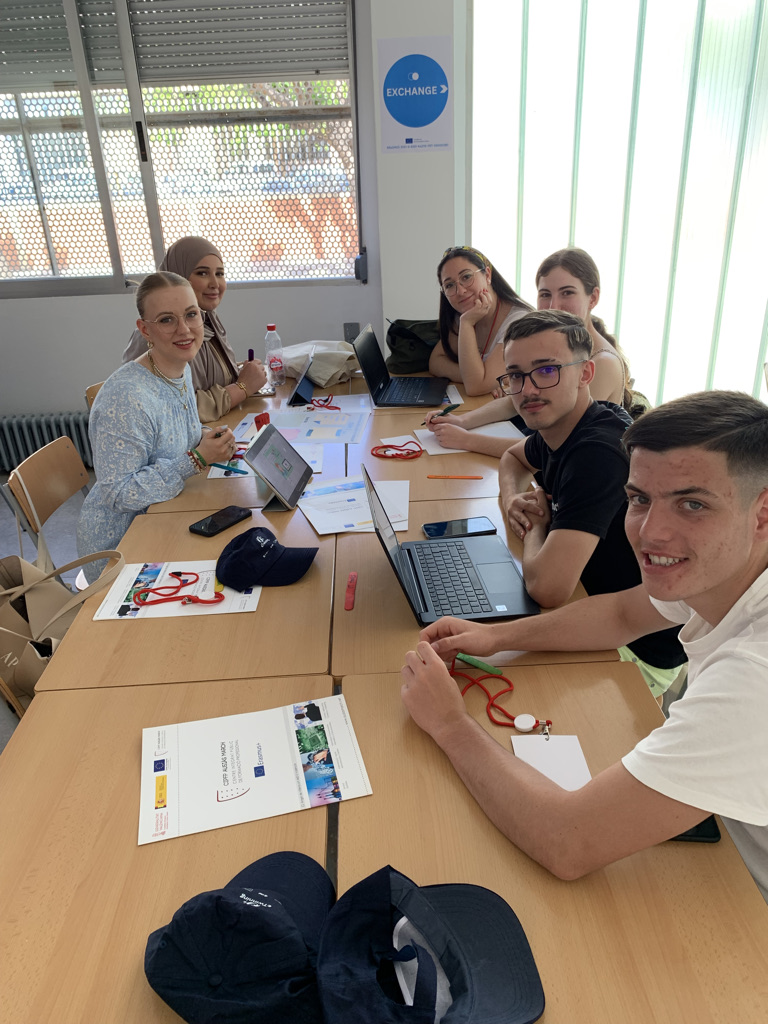
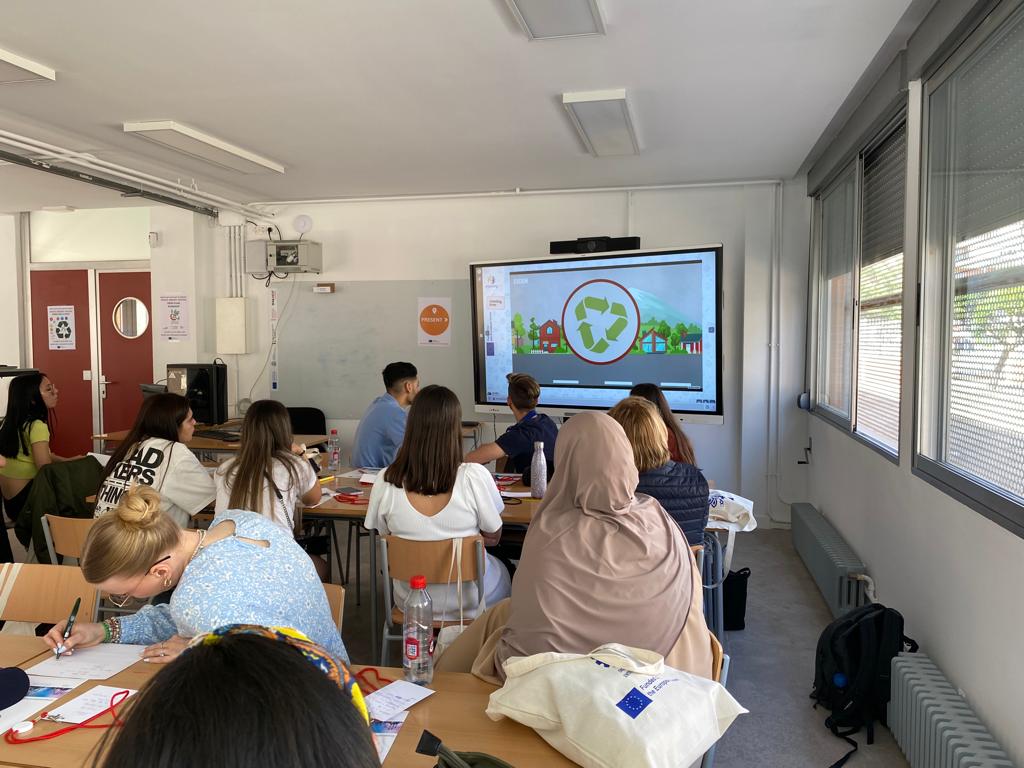
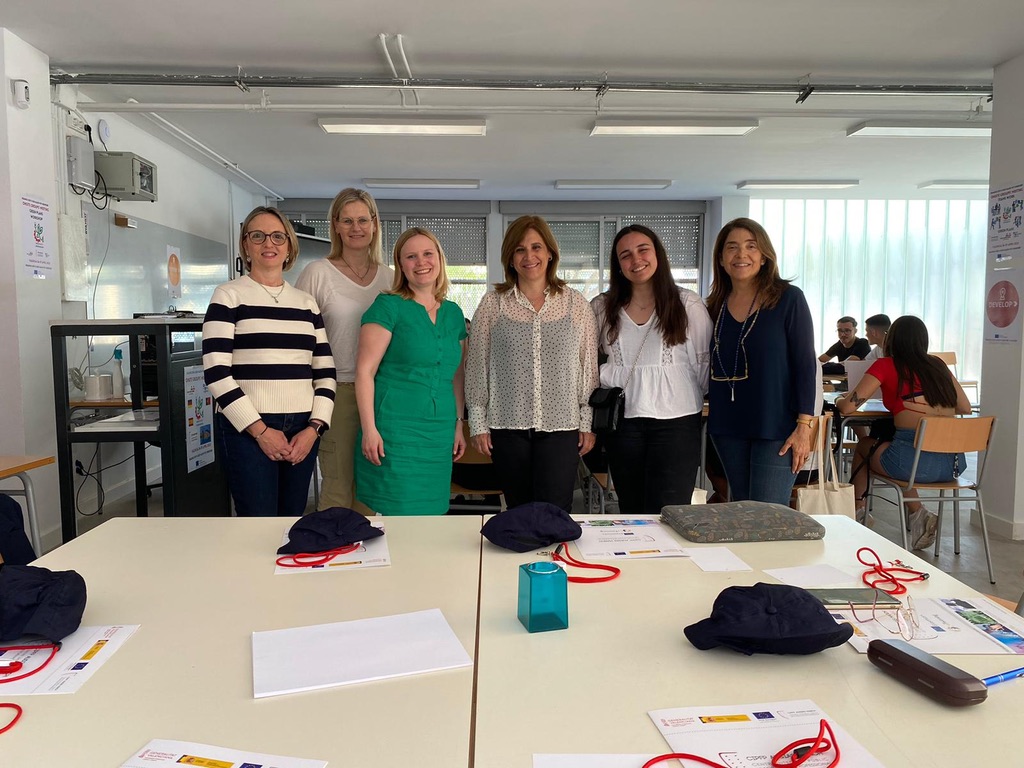
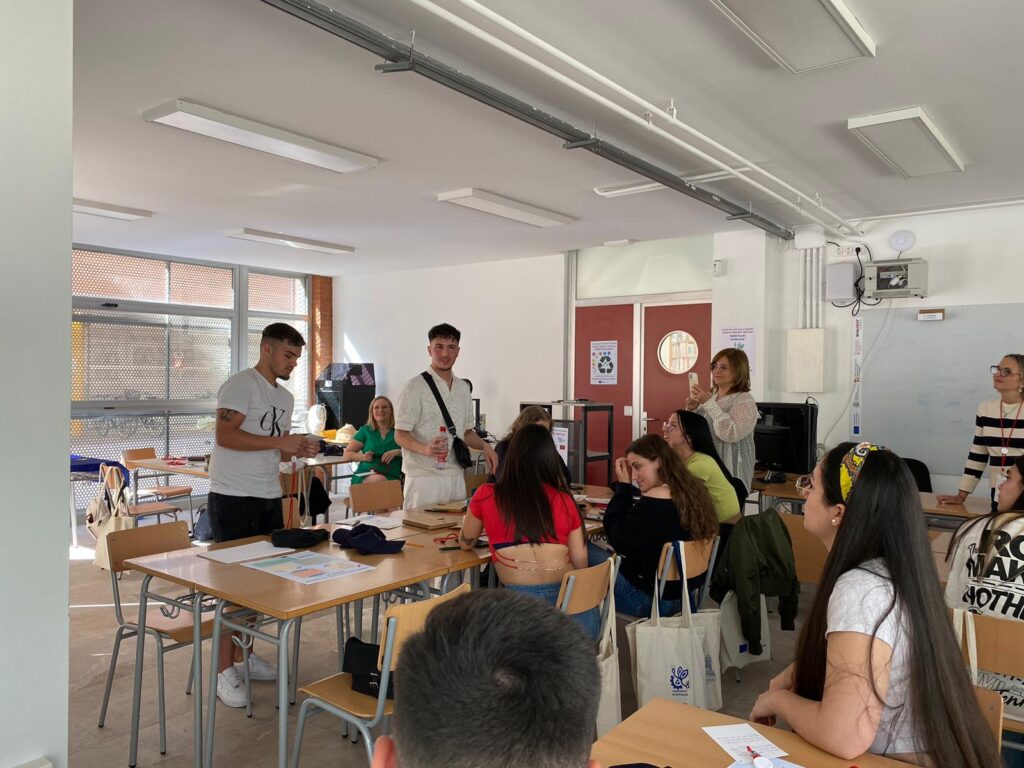
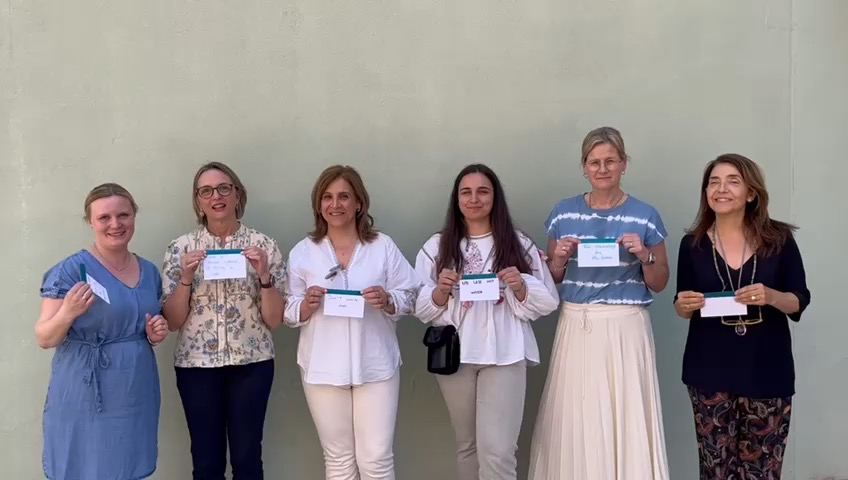
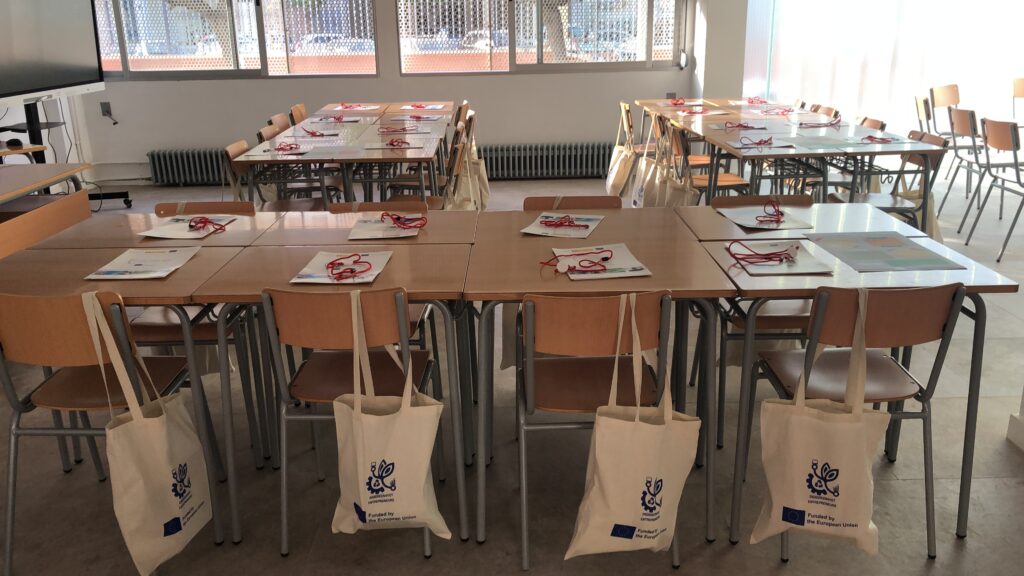
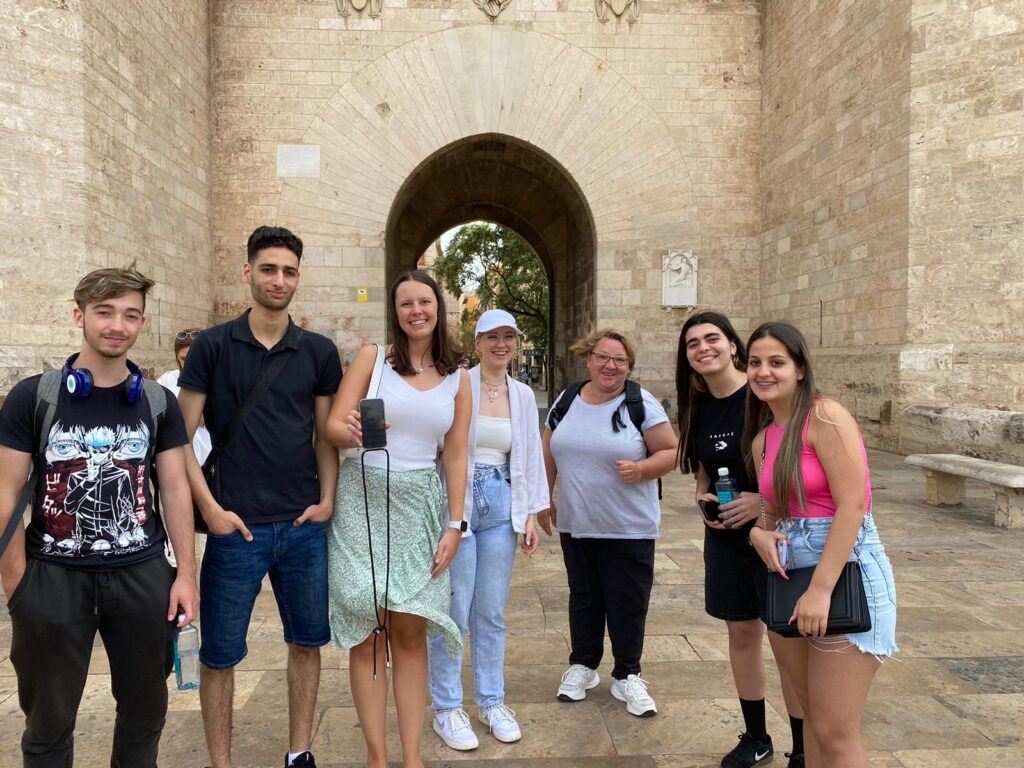
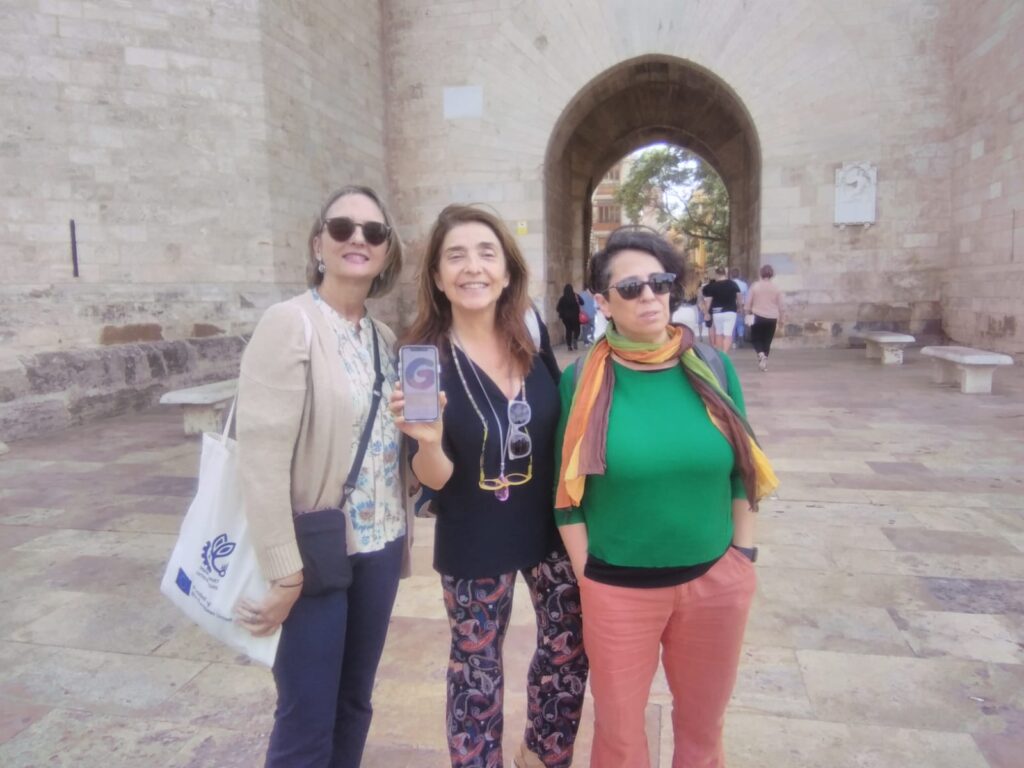
27 April 2023

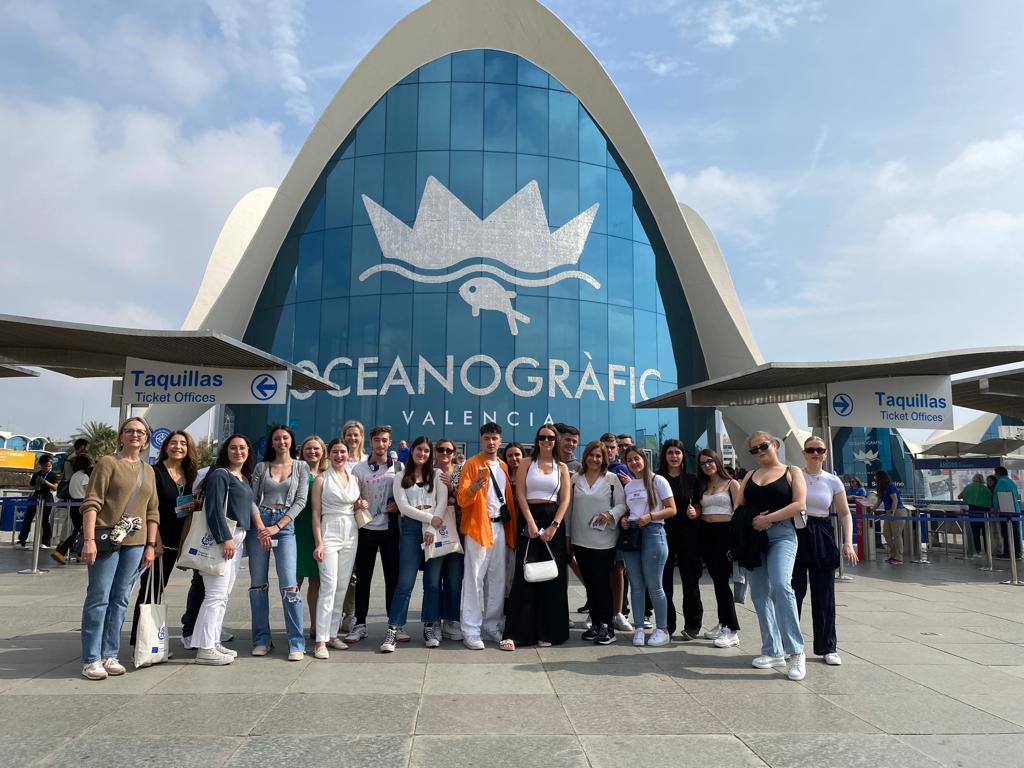
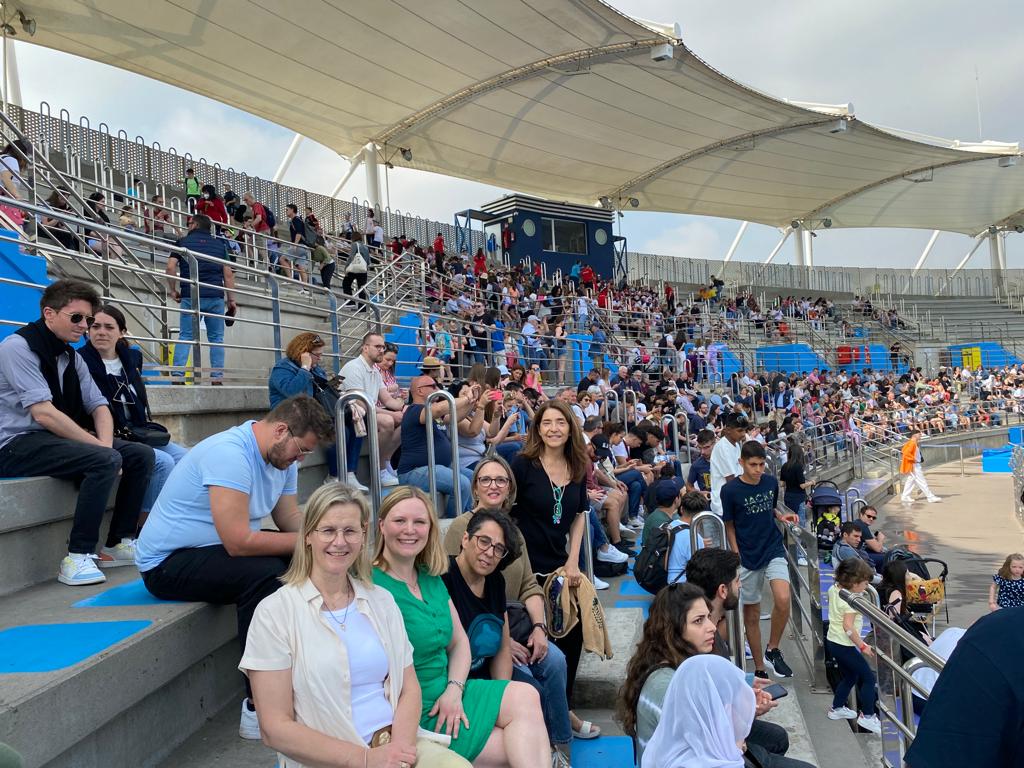
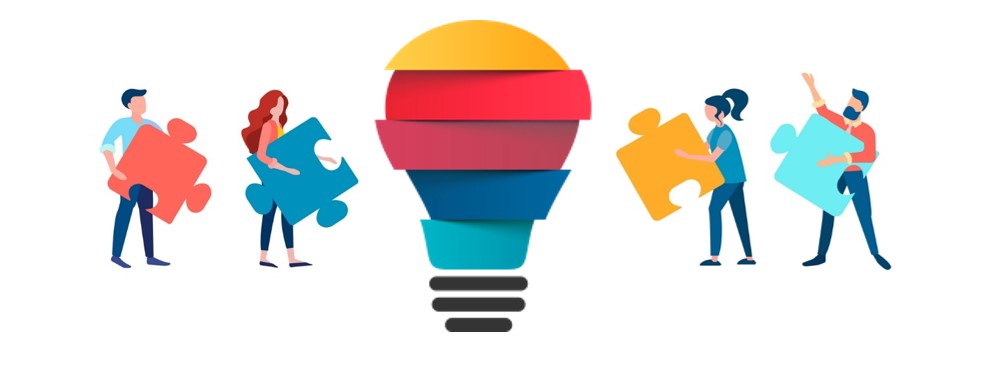
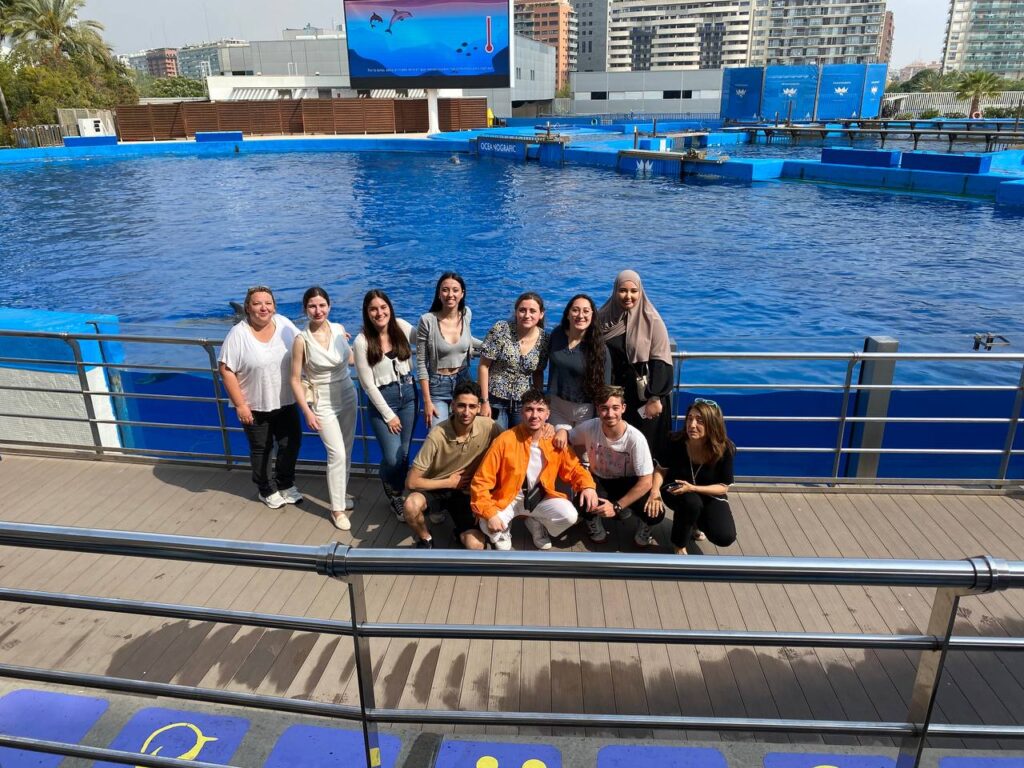
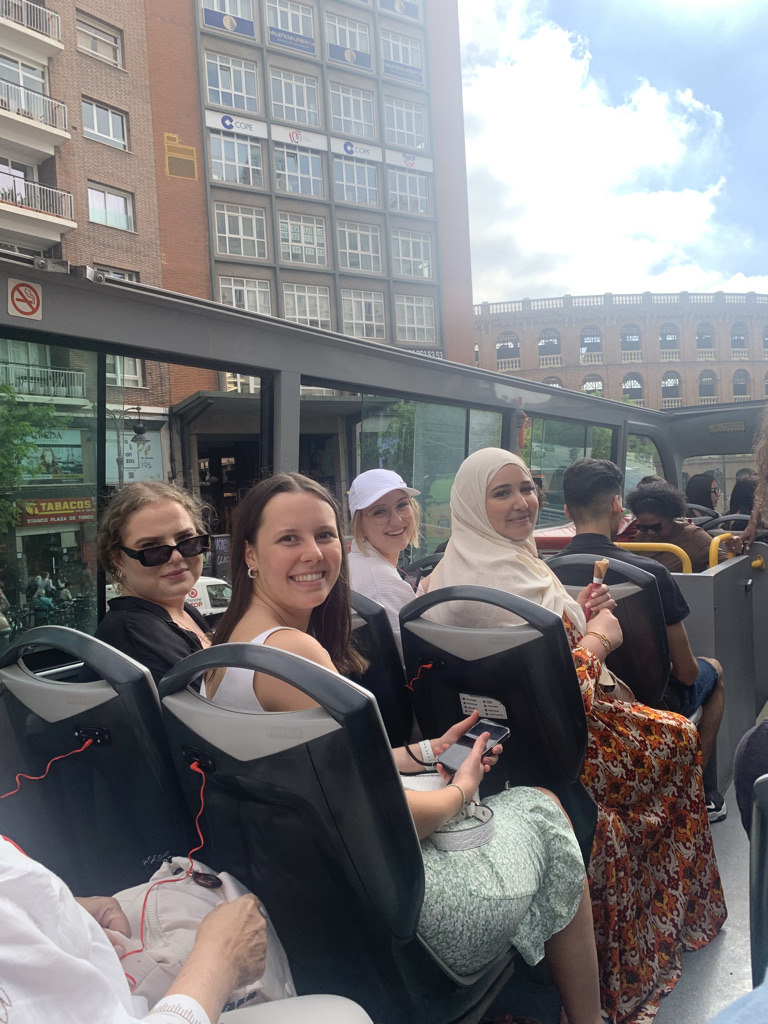
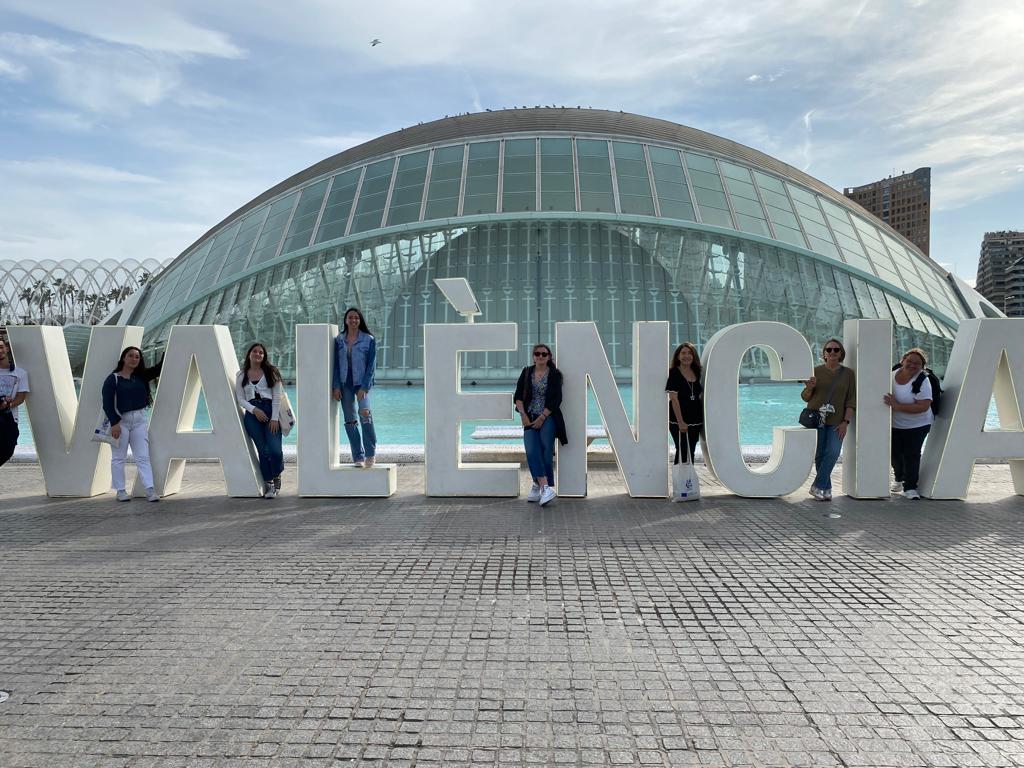
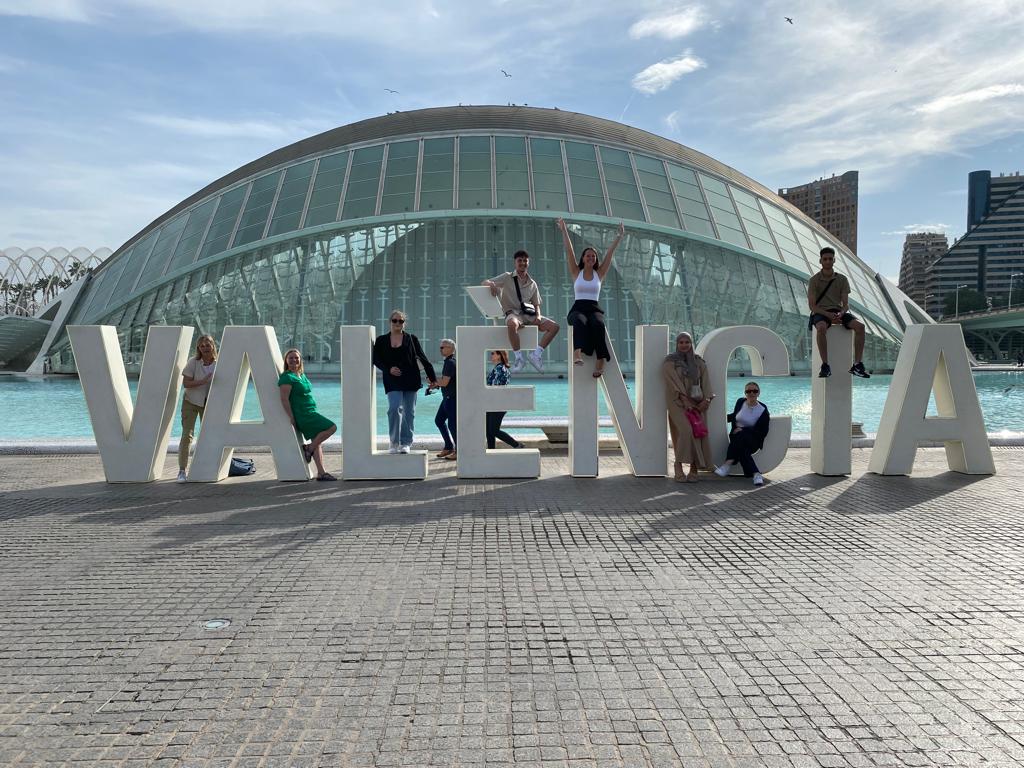
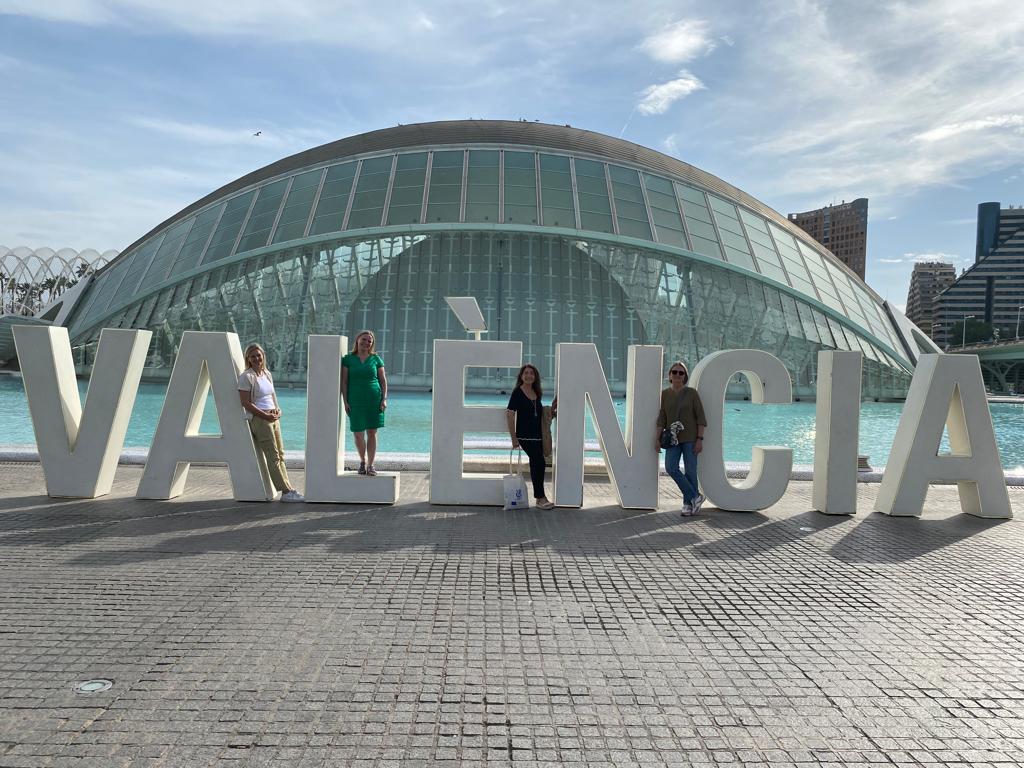
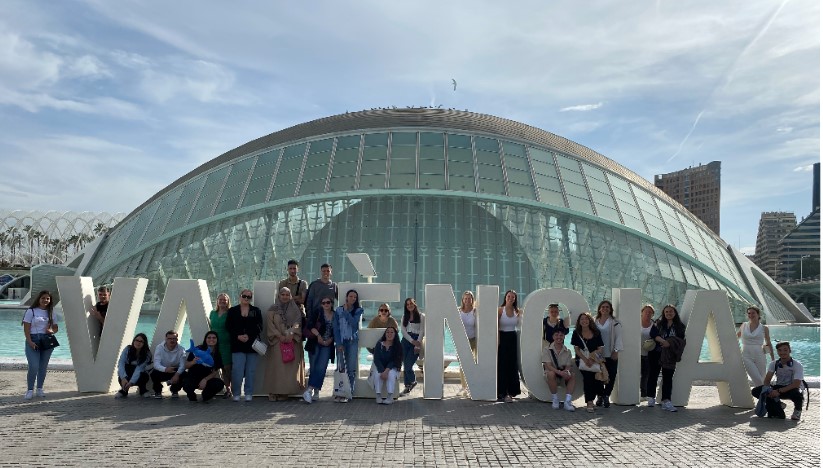
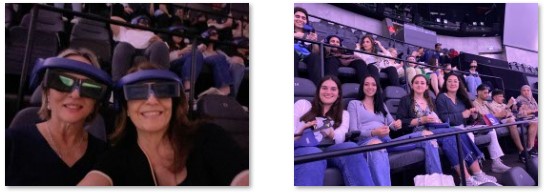
28 April 2023
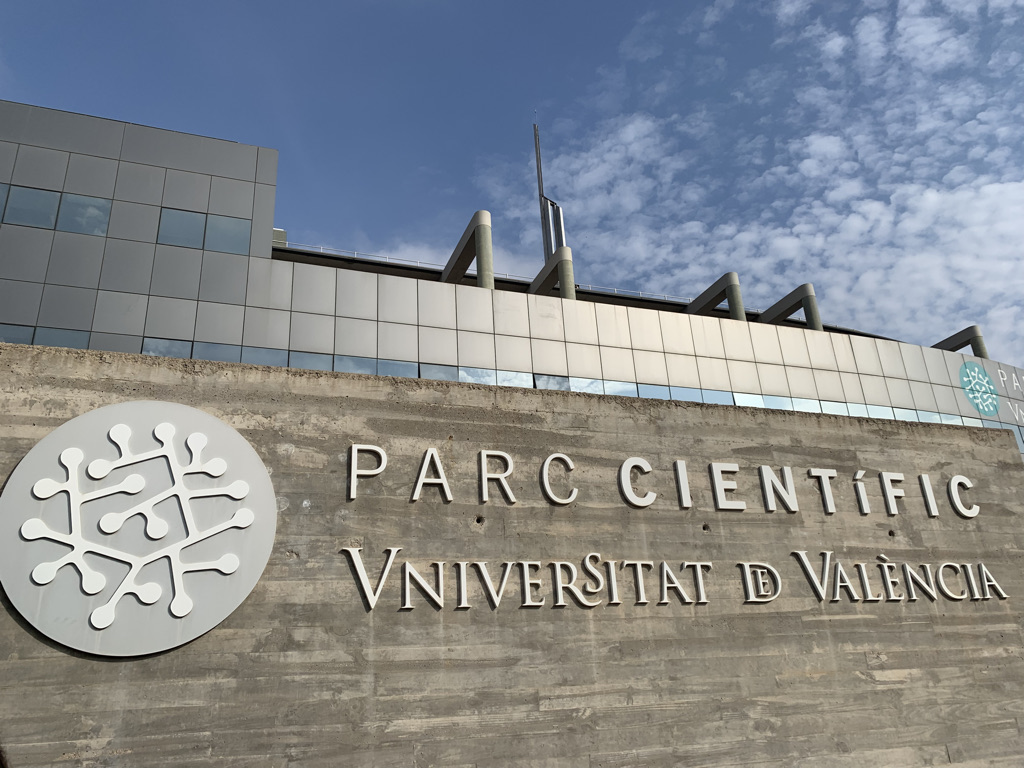
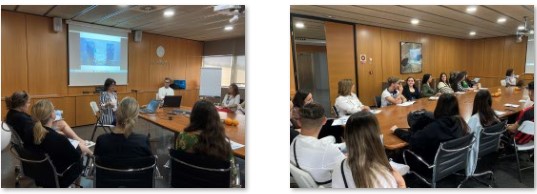

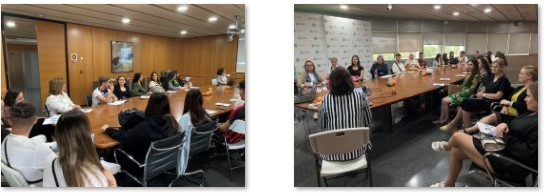
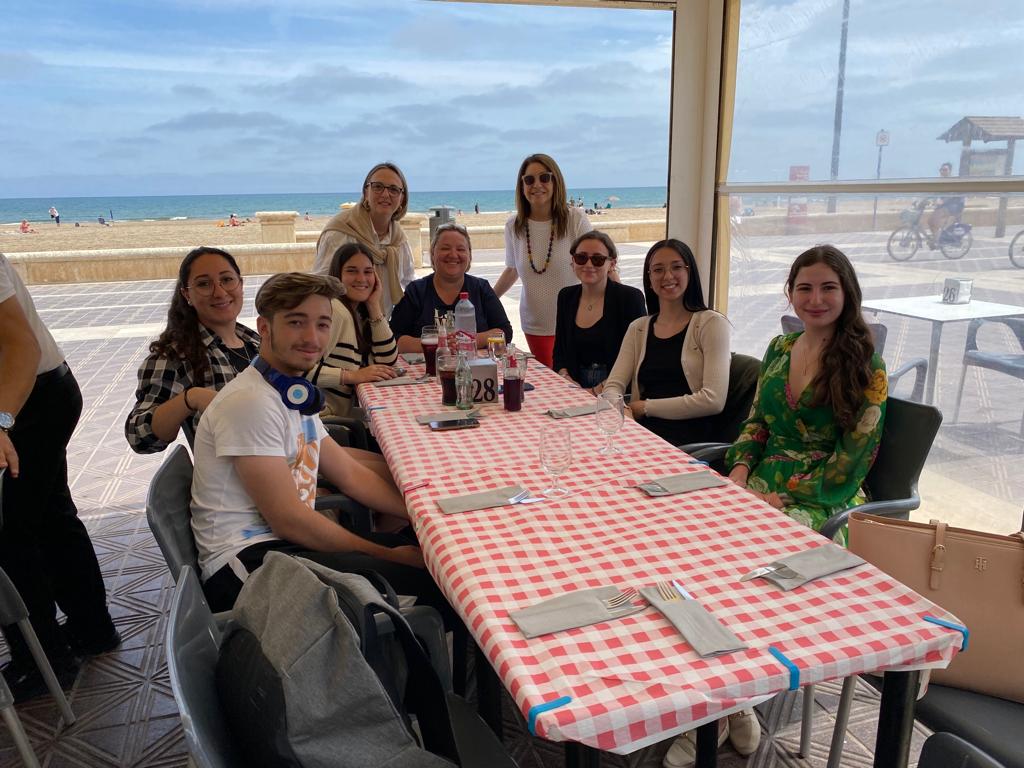
Entrepreneurial skills activity
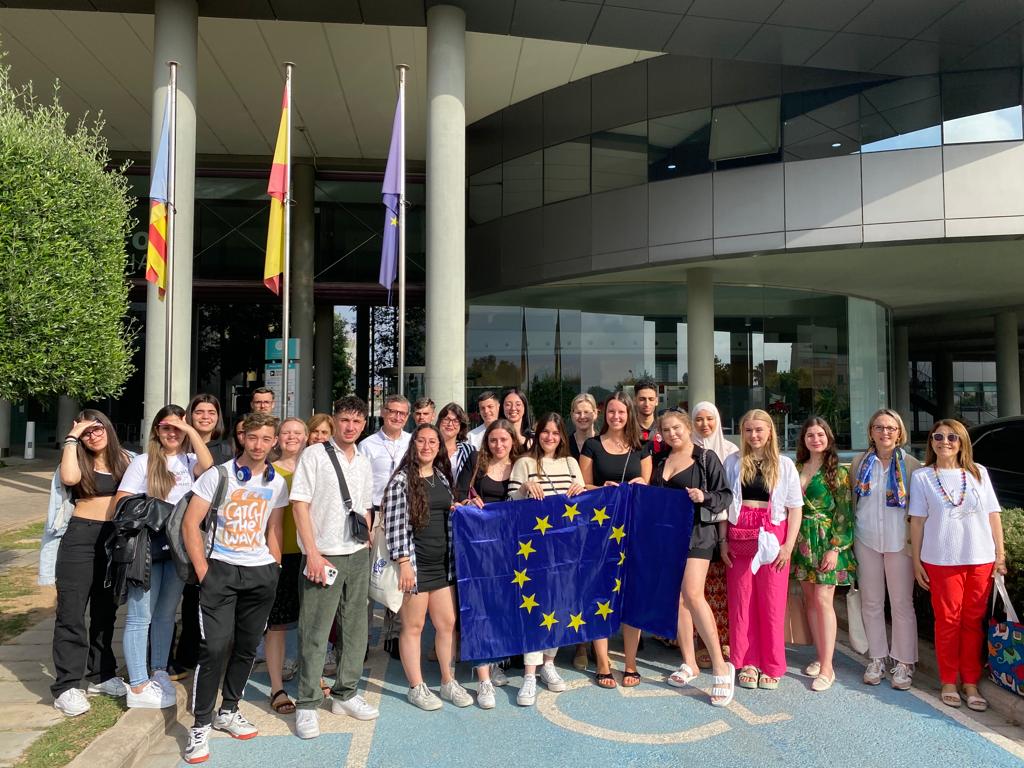
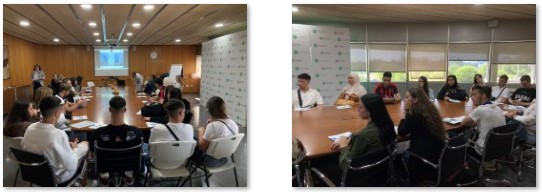

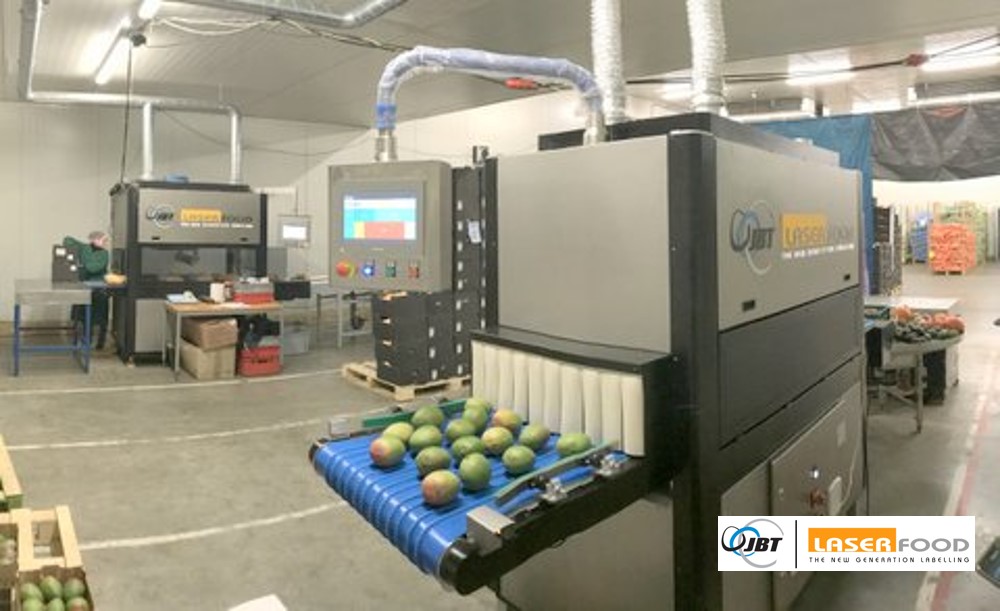
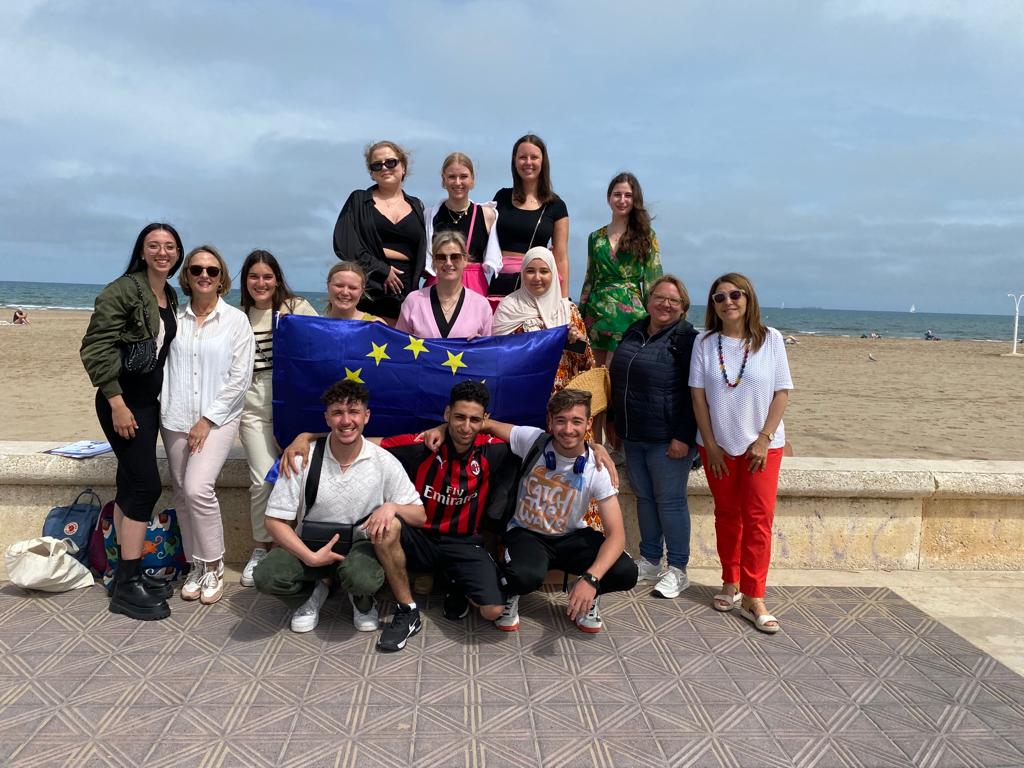
Green plans
Team work
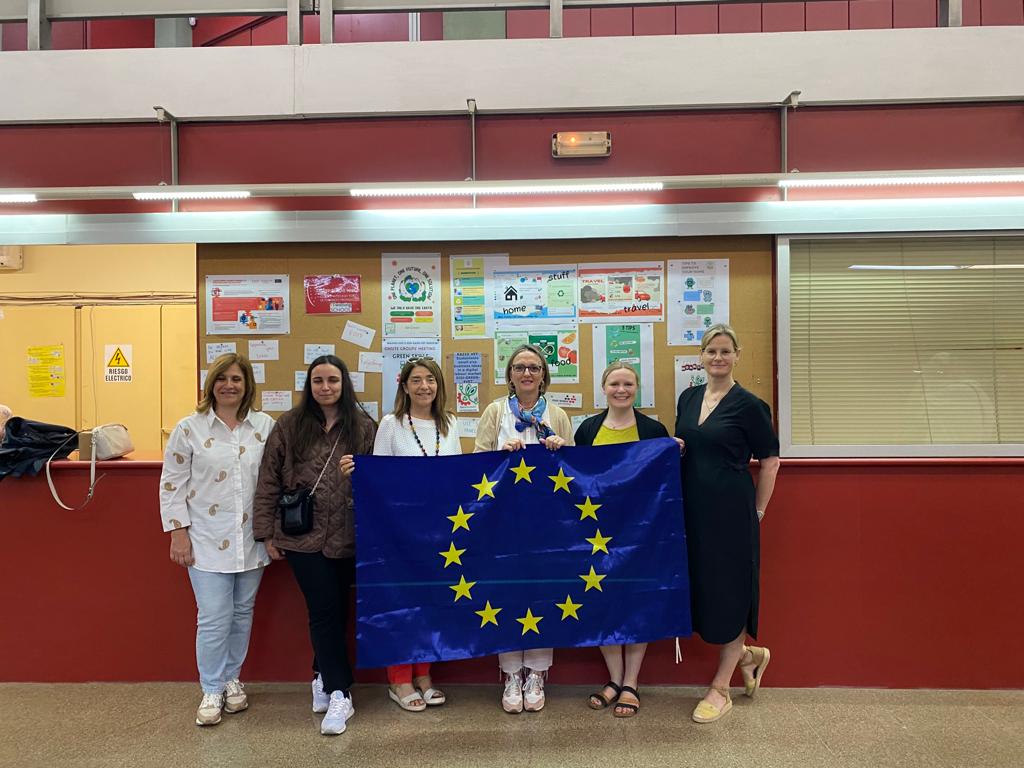
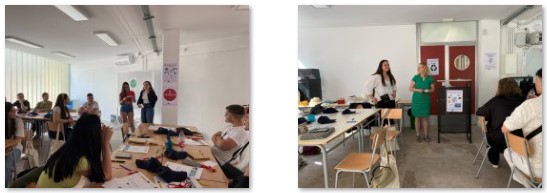

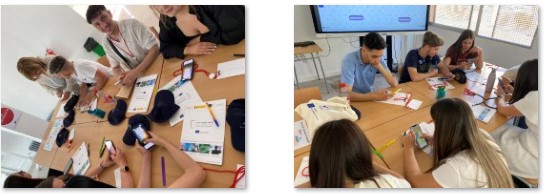
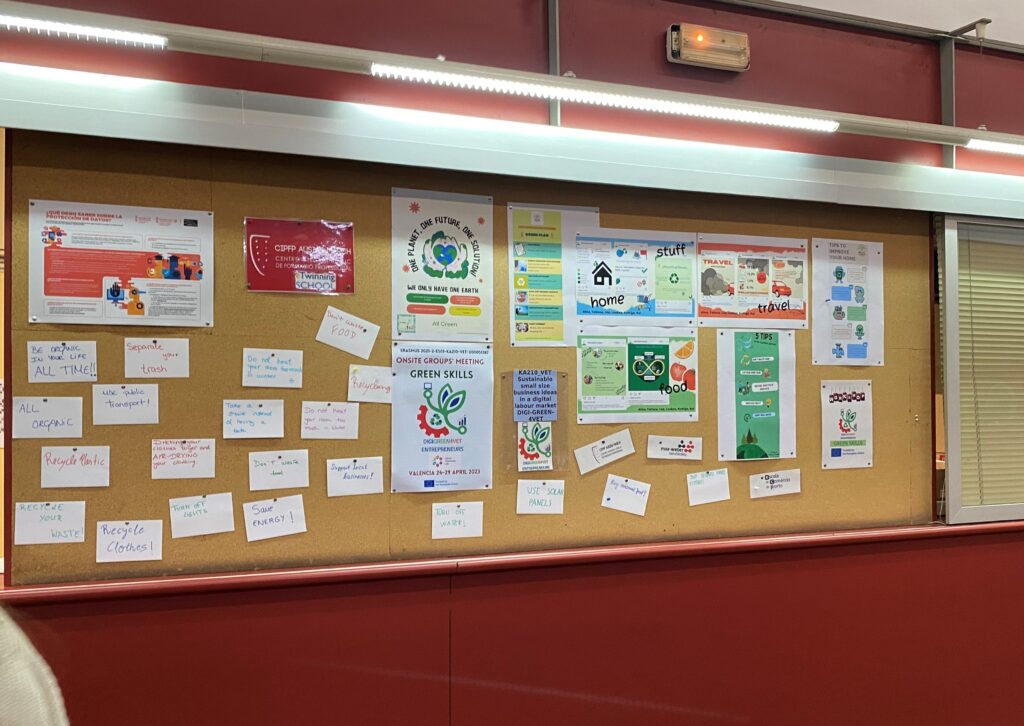
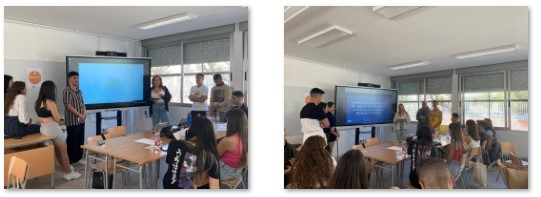
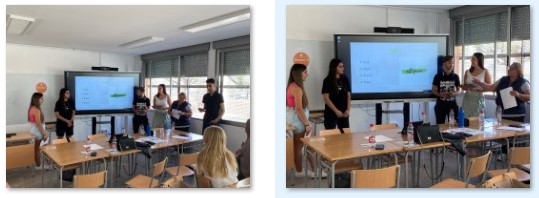
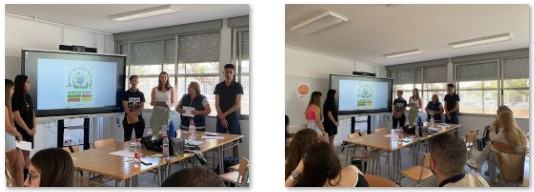
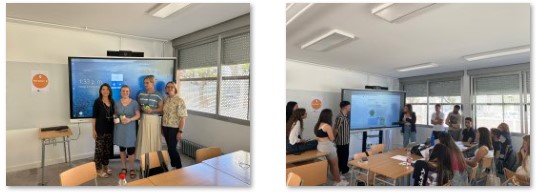
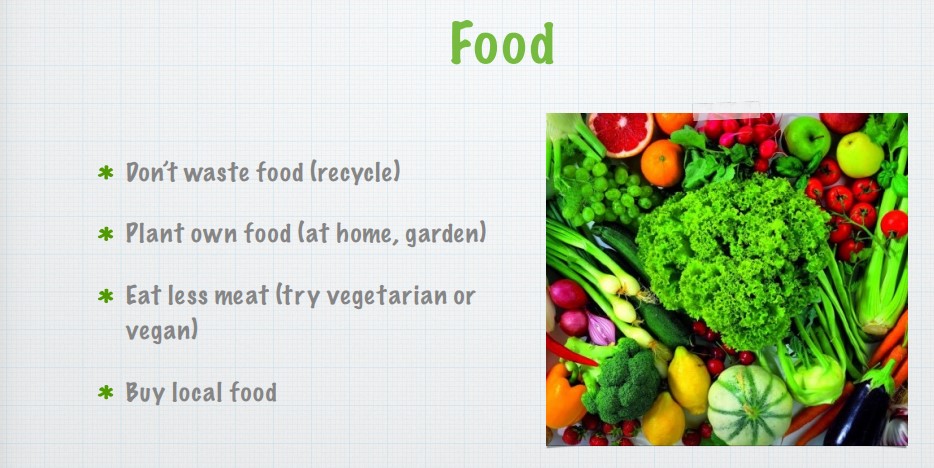
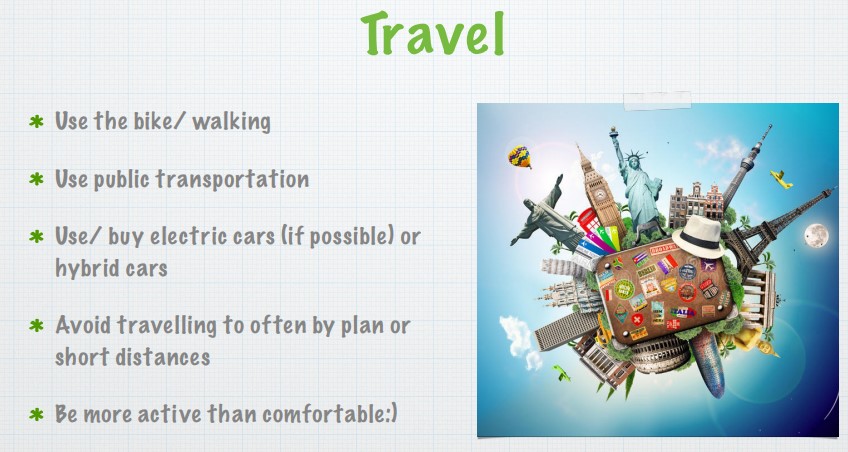
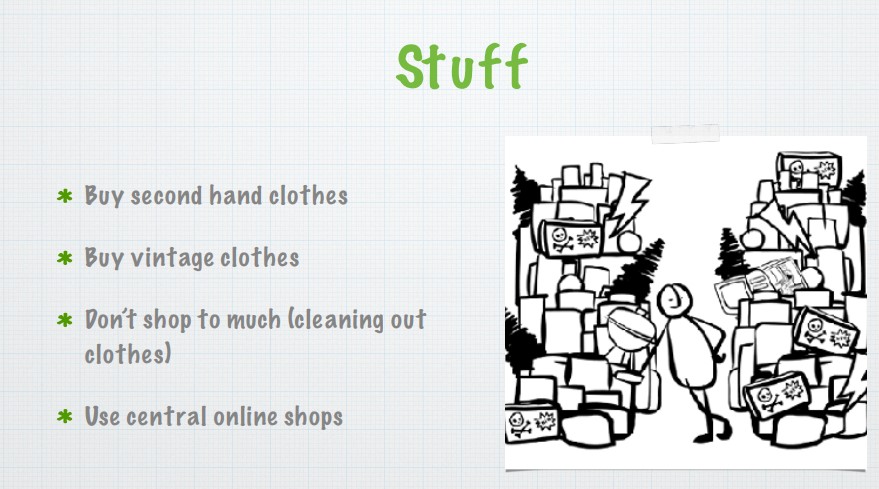
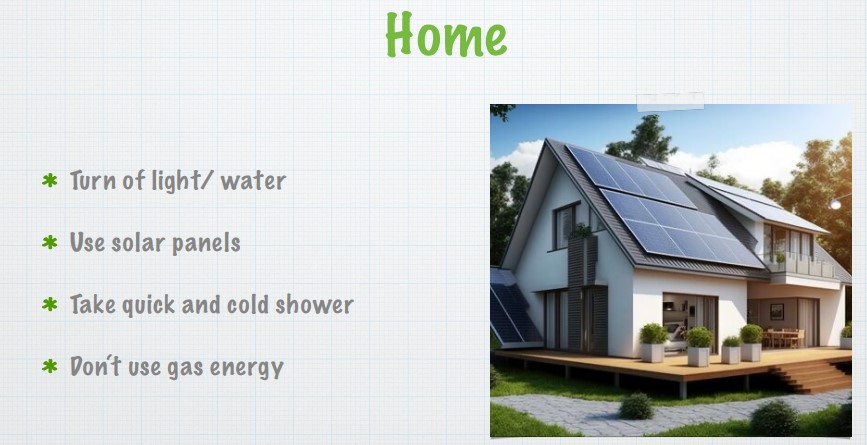
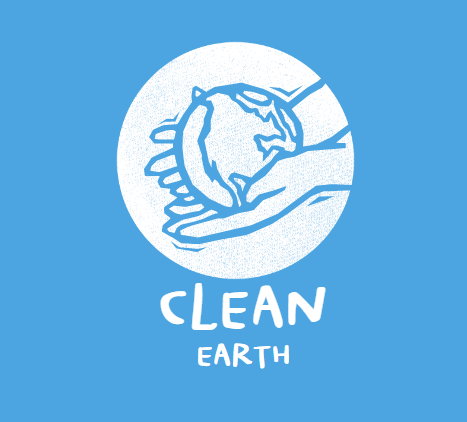
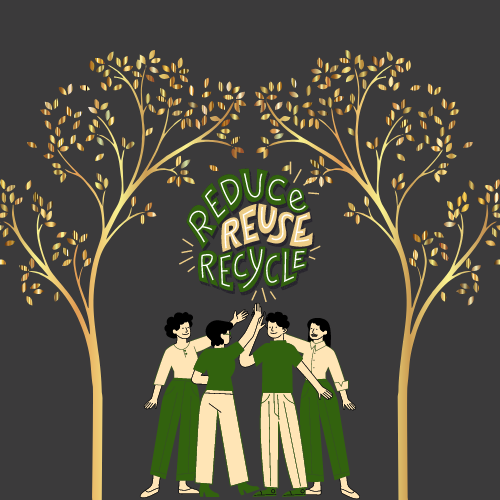
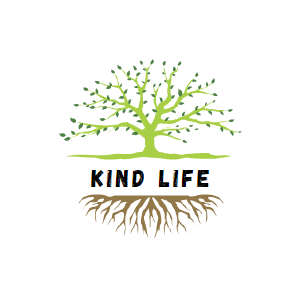
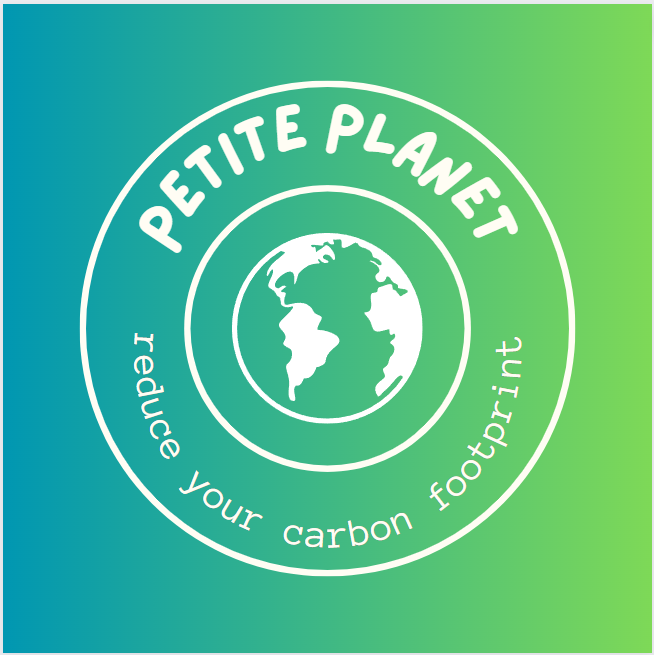
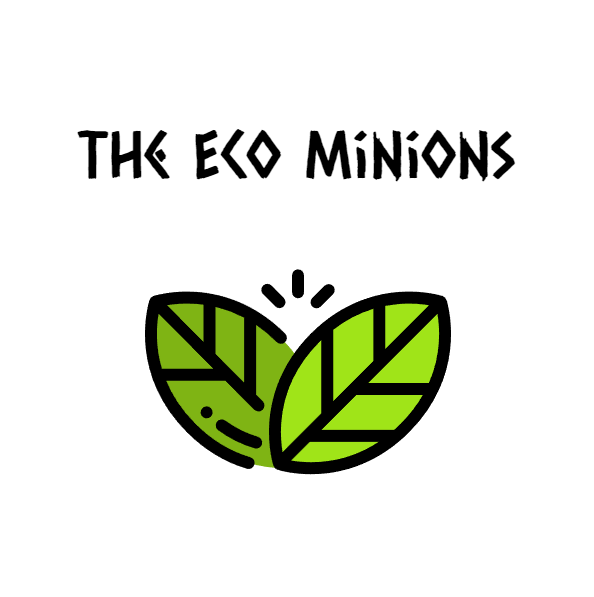
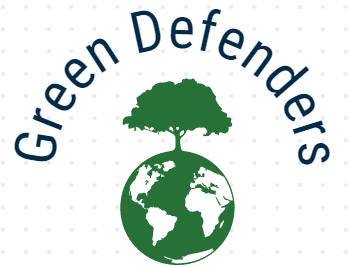
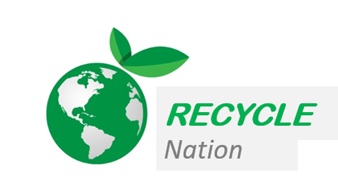
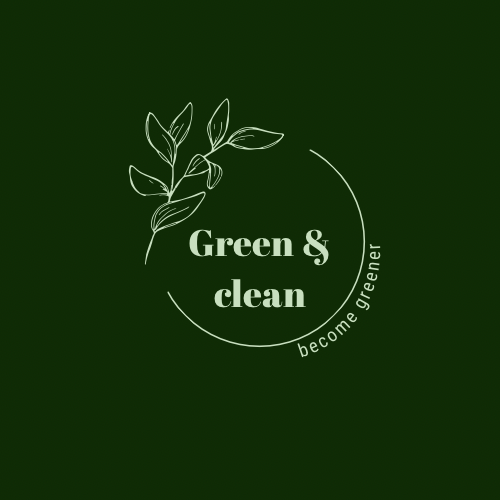
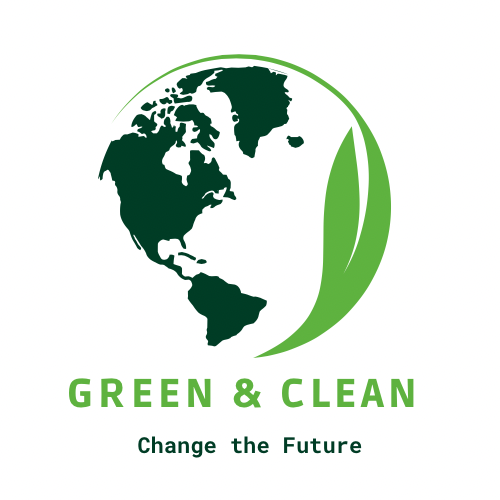
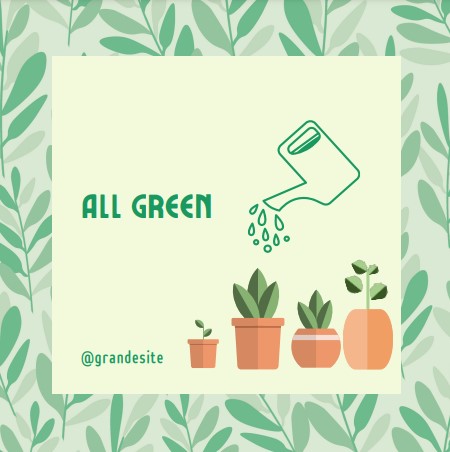
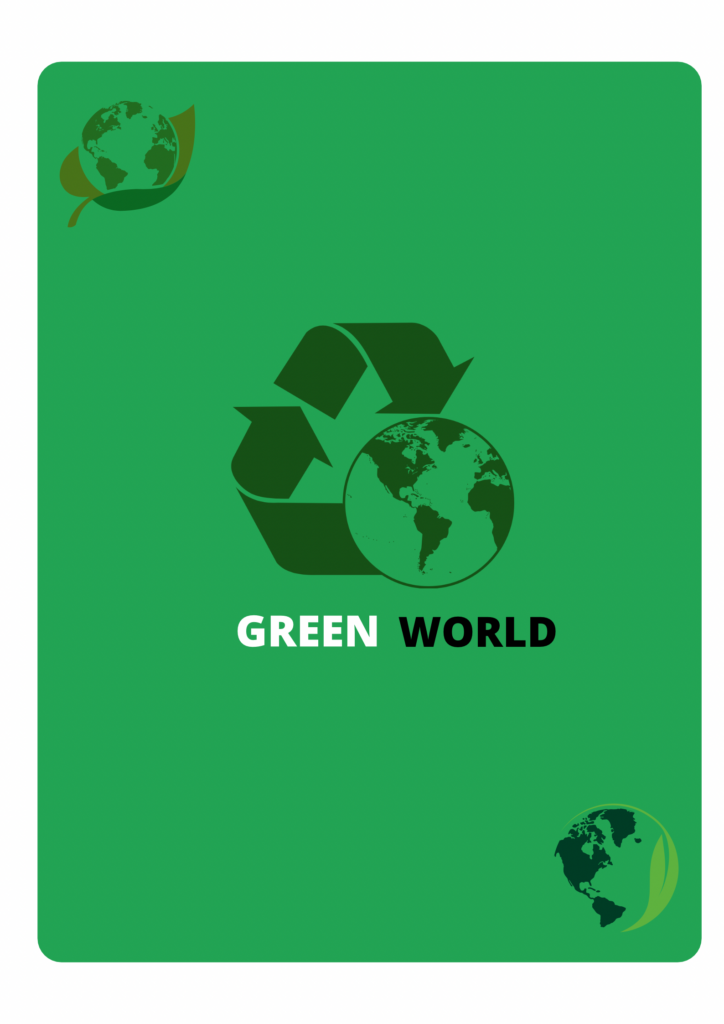
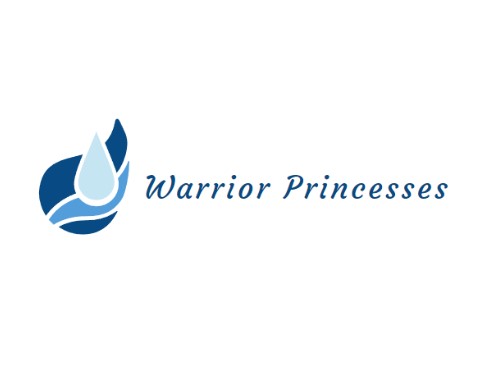
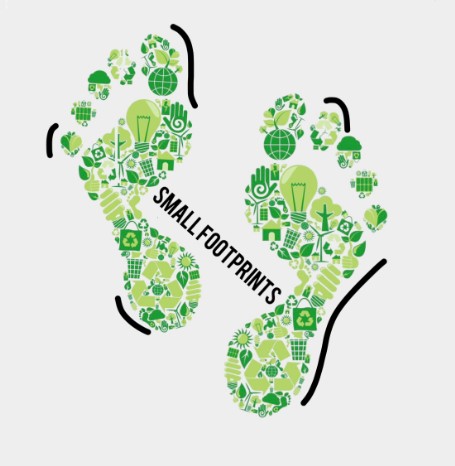
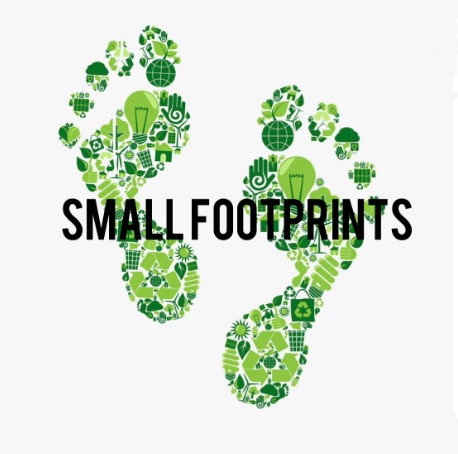
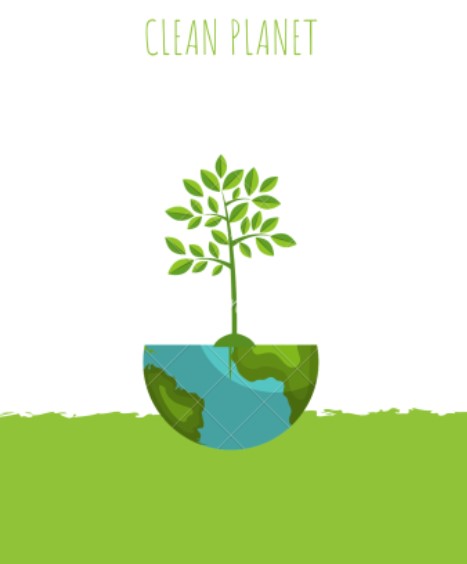
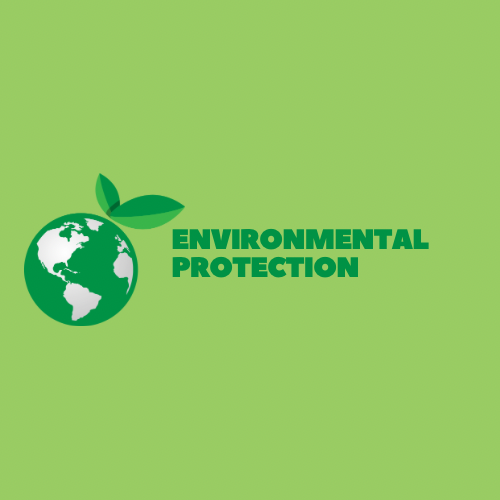
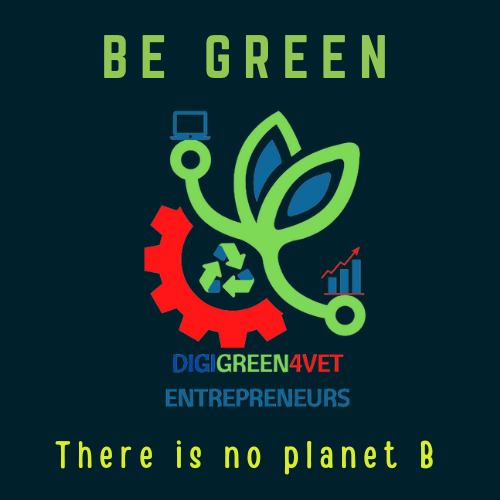
Presentations

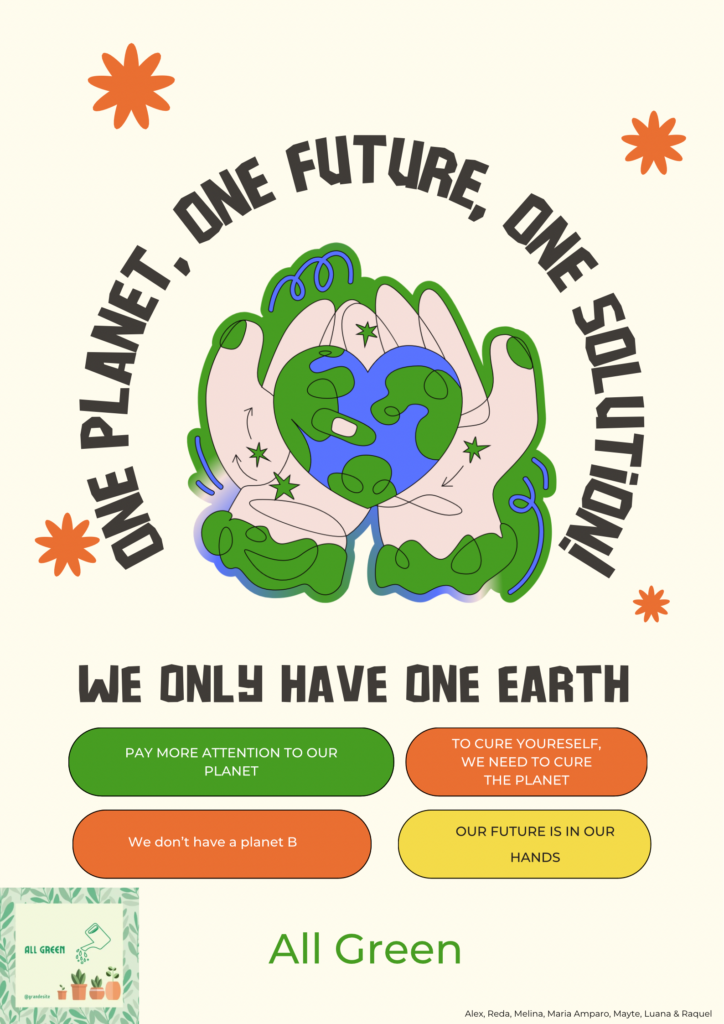
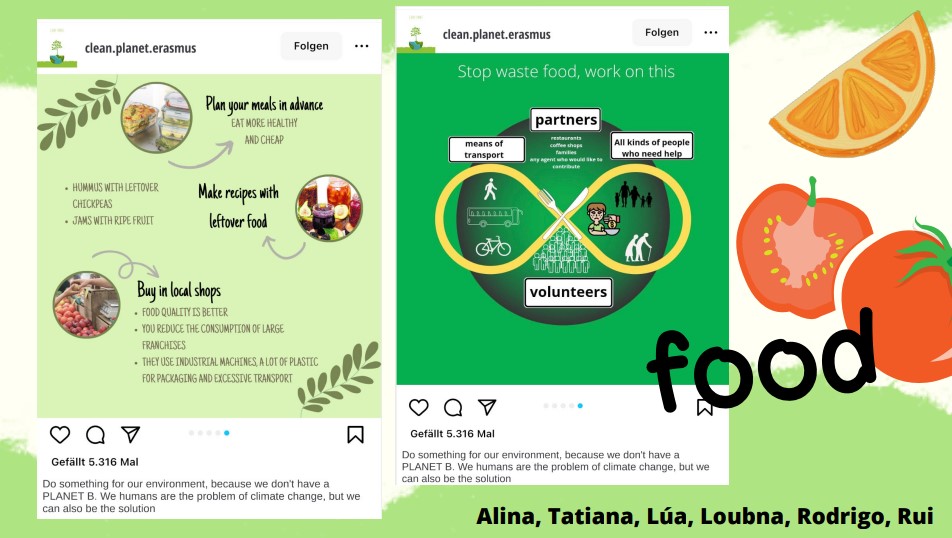
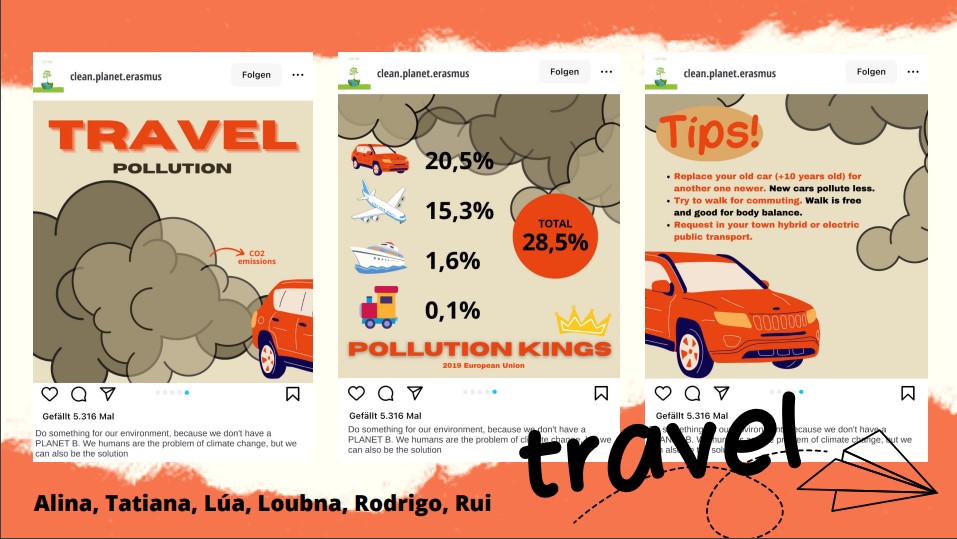
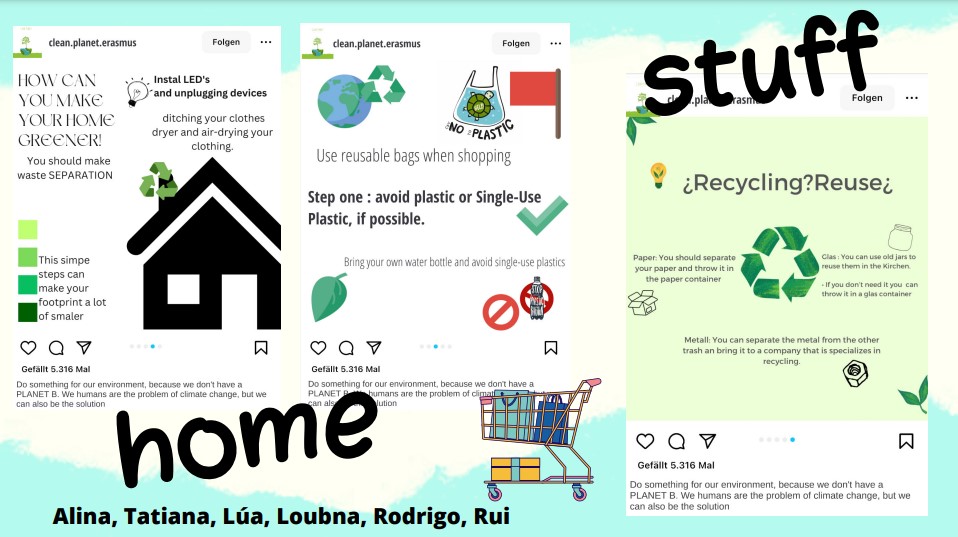
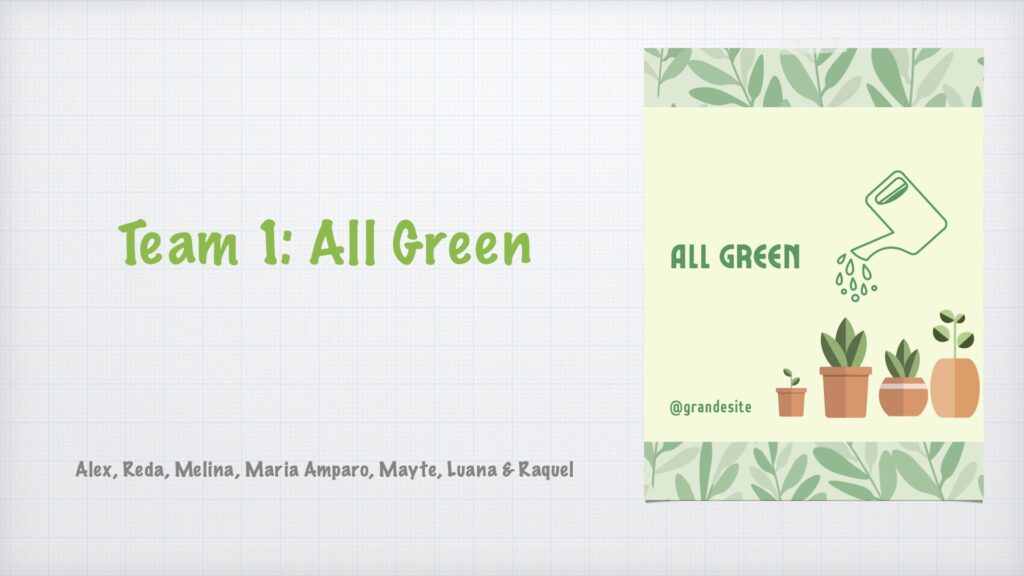
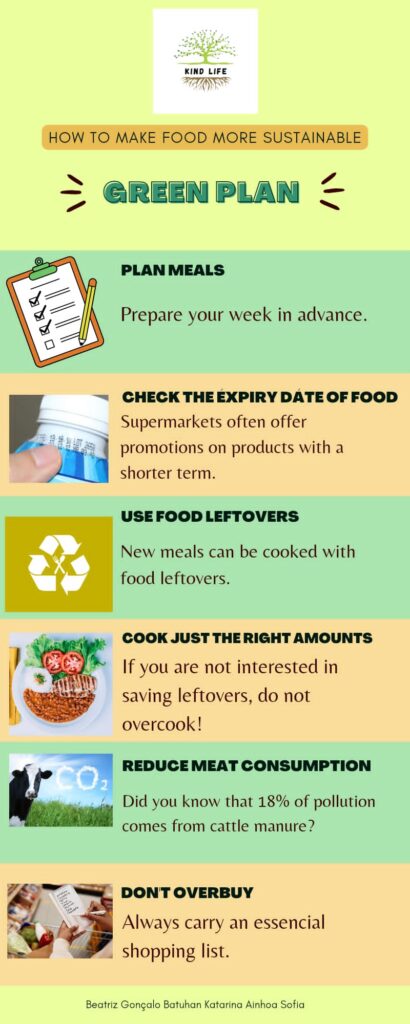
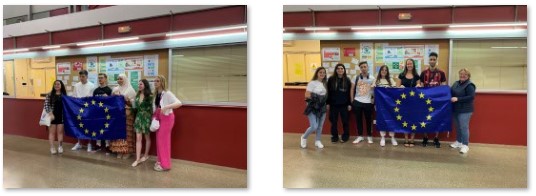
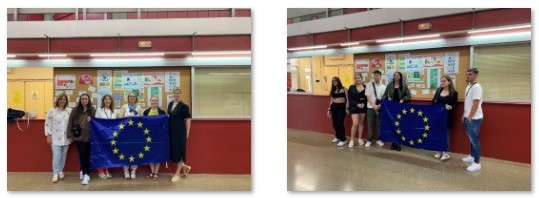
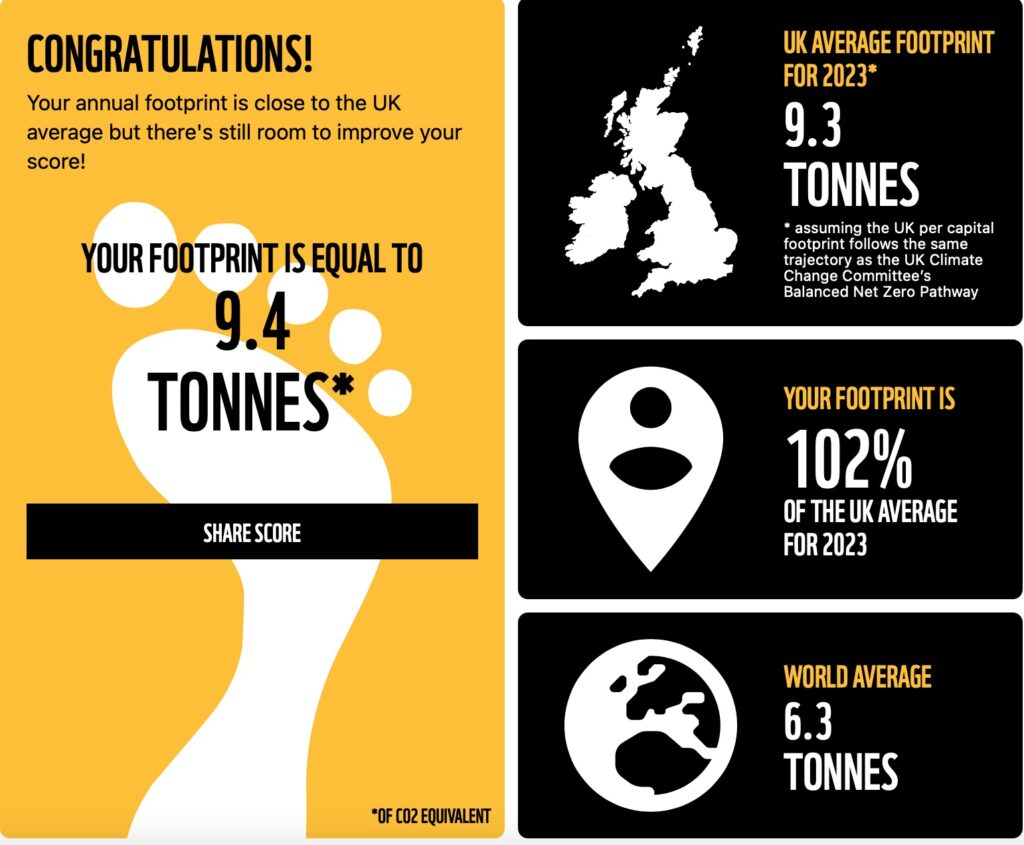
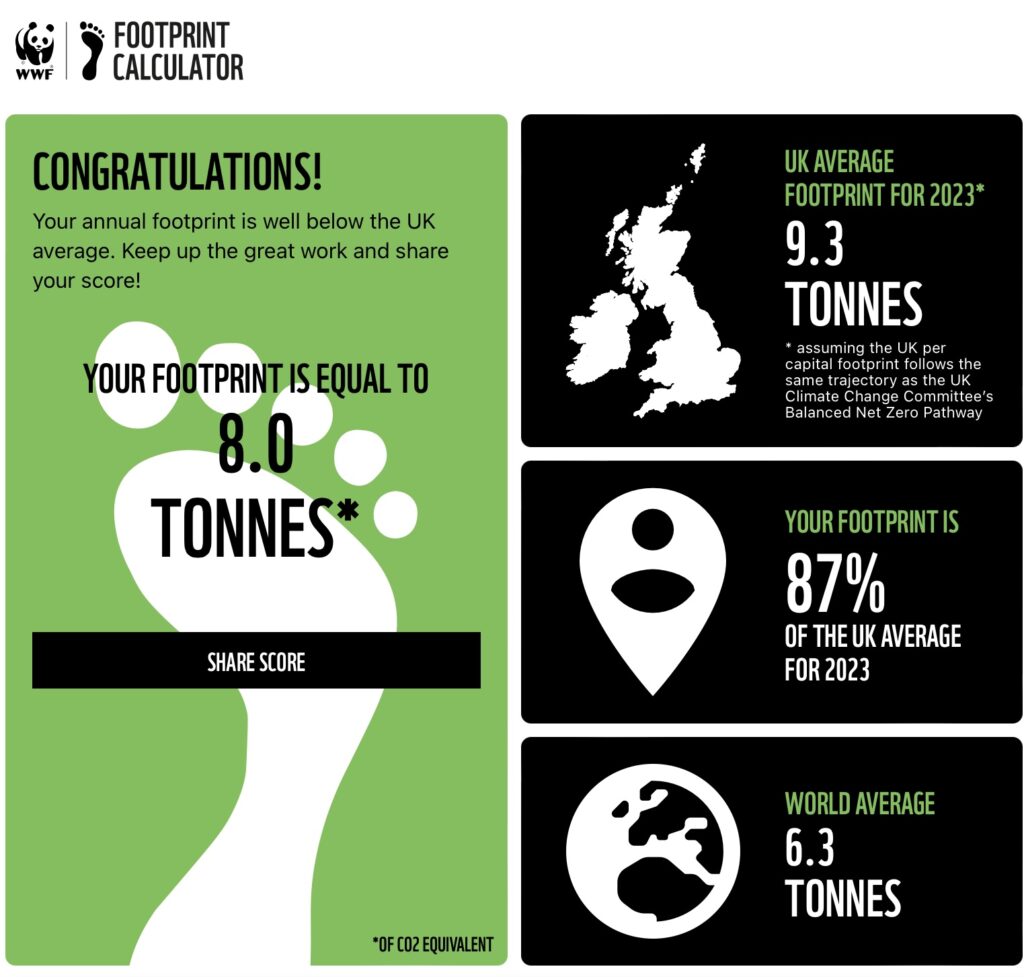
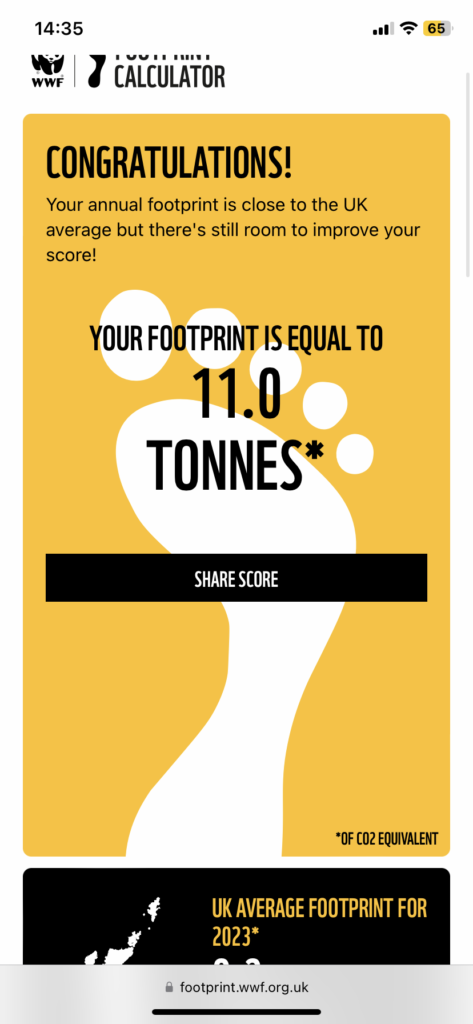
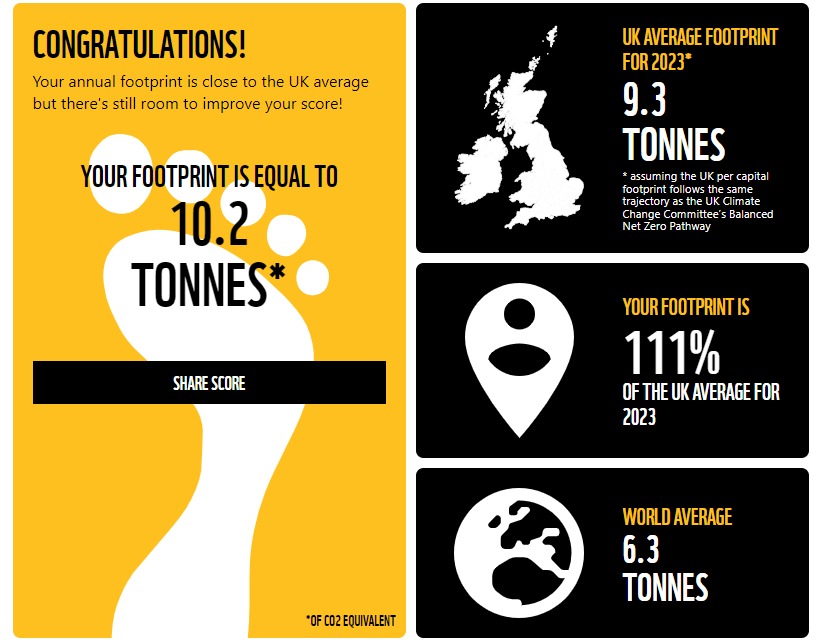
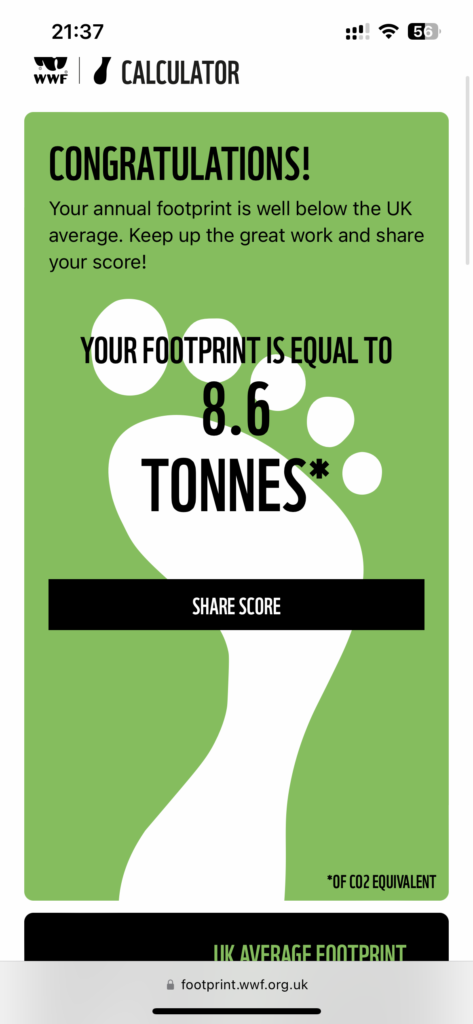
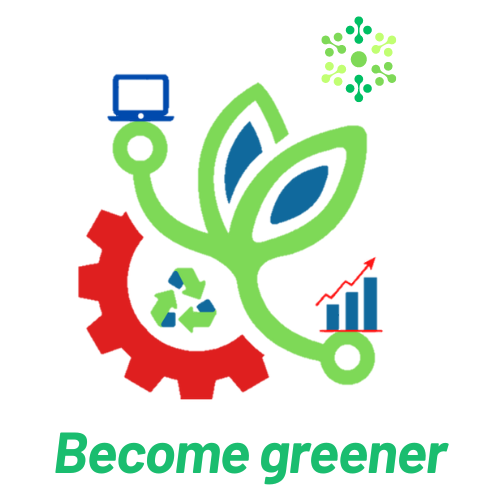

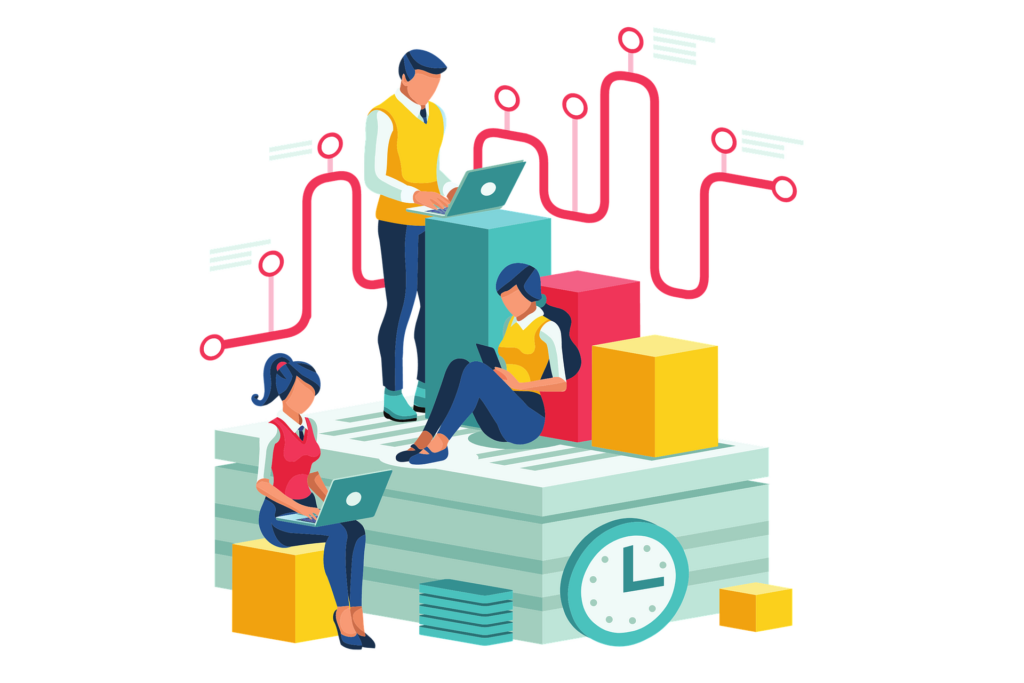
 In the learning zone: INTERACT
In the learning zone: INTERACT In the learning zone: DEVELOP
In the learning zone: DEVELOP In the learning zone: INVESTIGATE
In the learning zone: INVESTIGATE